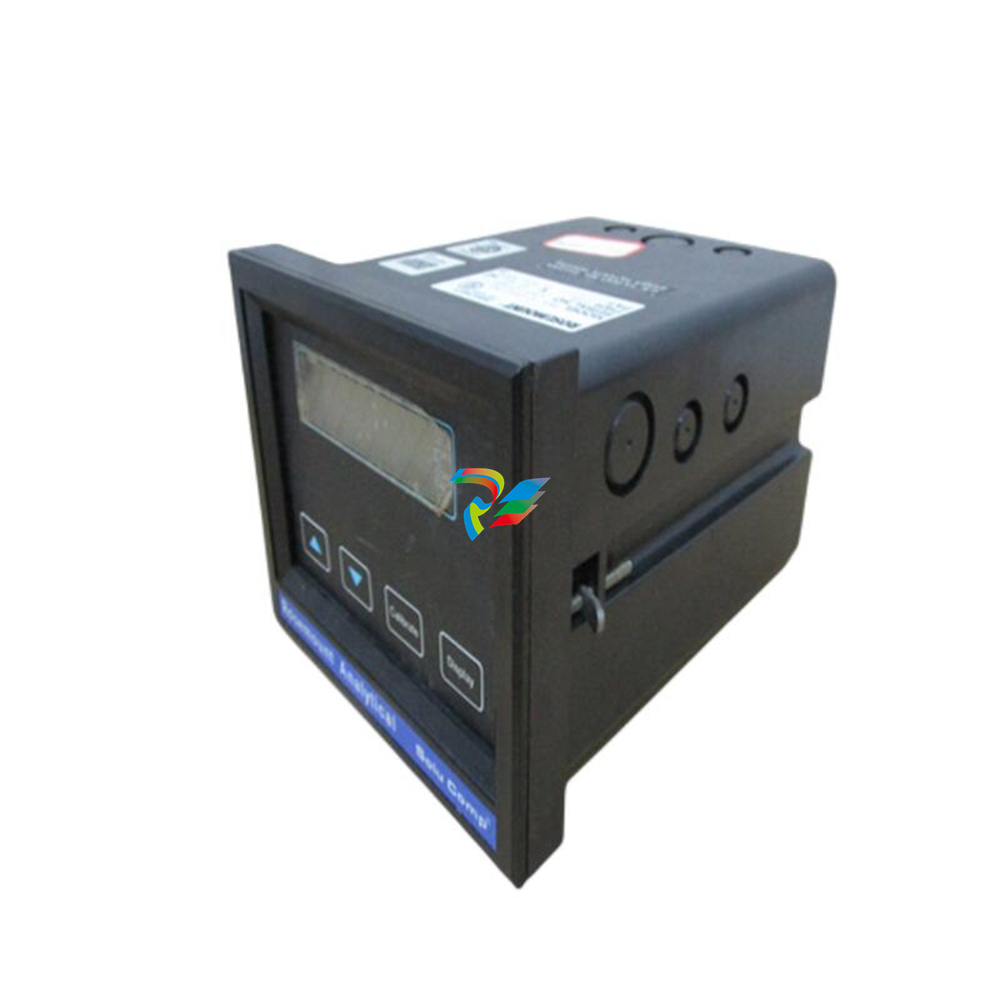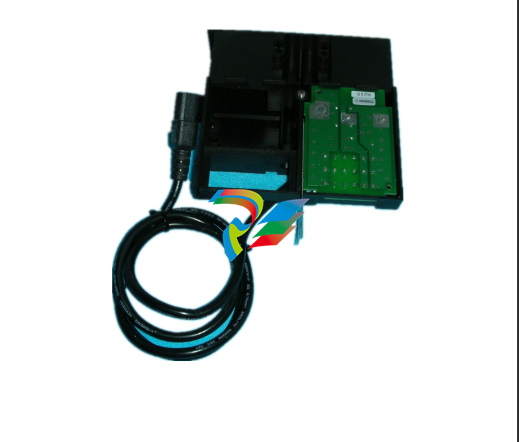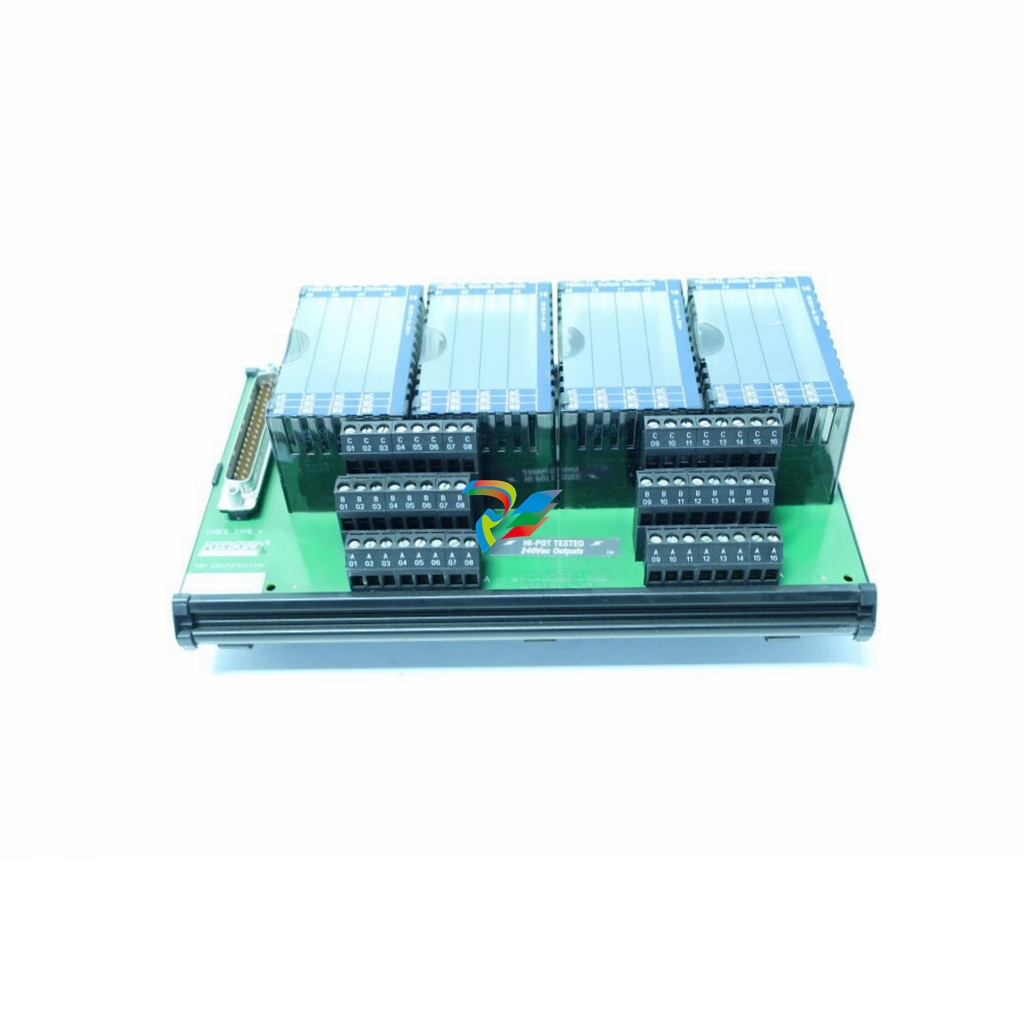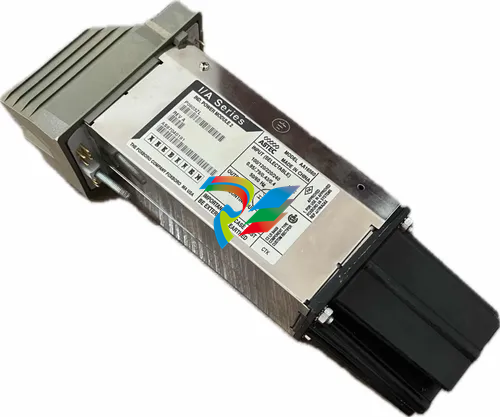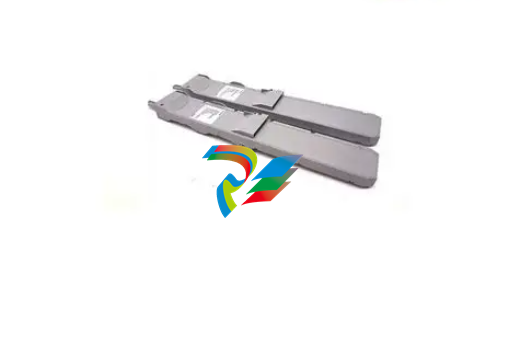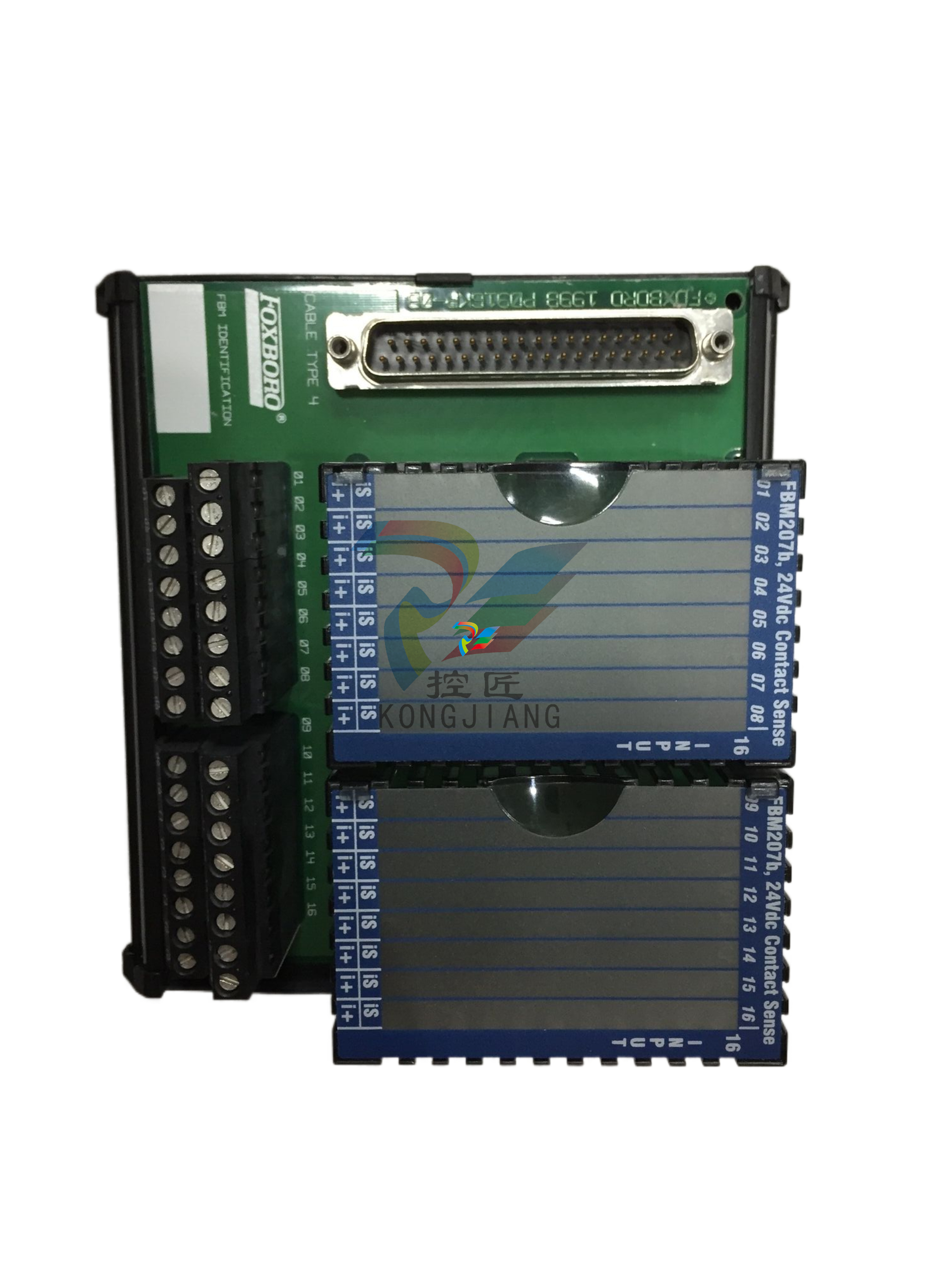
DCS; Industrial control system
Product
Article
NameDescriptionContent
NEW CENTER
Current Location:
Frequency Converters: Powering Industries and Beyond
From:
|
Author:huang
|
Time :2024-11-07
|
265 Browse:
|
Share:
(二)Enhanced Performance
Frequency converters greatly improve system reliability, motor efficiency, and provide better control. By smoothly adjusting the motor speed, they reduce mechanical stress on the motor and associated equipment, increasing their lifespan and reducing maintenance costs. The precise control offered by frequency converters allows for optimal performance in different operating conditions. For example, in industrial conveyor belts, it ensures consistent speed and torque, improving production efficiency. In addition, they can protect the motor from overvoltage and overcurrent, enhancing system reliability.
(三)Environmental Friendliness
Frequency converters have a positive impact on reducing emissions and waste. By reducing energy consumption, they indirectly contribute to a decrease in greenhouse gas emissions. In the shipbuilding industry, for instance, the use of frequency converters can lead to a significant reduction in fuel consumption, thereby reducing carbon emissions. In industrial applications, less energy consumption means less demand for power generation, which can lead to a reduction in emissions from power plants. Moreover, the extended lifespan of equipment due to the use of frequency converters reduces the amount of waste generated from discarded equipment. This makes frequency converters an environmentally friendly choice for various industries.
四、Looking Ahead
Frequency converters have come a long way since their inception and their future looks promising. As technology continues to advance, we can expect several exciting developments in the field of frequency converters.
(一)Technological Advancements
The field of frequency converter technology is constantly evolving. In the future, we can anticipate more advanced semiconductor devices that will offer higher efficiency and greater power handling capabilities. For example, the development of wide bandgap semiconductors like silicon carbide and gallium nitride is likely to revolutionize frequency converter design. These materials have superior electrical properties compared to traditional silicon-based devices, allowing for higher switching frequencies and reduced losses.
Another area of innovation could be in the field of digital control. With the increasing power of microprocessors and digital signal processors, frequency converters will be able to offer more precise and intelligent control. This could include advanced algorithms for motor control, real-time monitoring and diagnostics, and seamless integration with industrial Internet of Things (IoT) platforms.
Moreover, there is potential for the development of new topologies and architectures for frequency converters. For instance, multilevel converters are becoming more popular due to their ability to produce high-quality output waveforms with lower harmonic distortion. Future research may lead to even more efficient and compact multilevel converter designs.
(二)Increased Adoption
As the benefits of frequency converters become more widely known, we can expect to see a growing use of these devices in more industries and applications. In the industrial sector, the demand for energy-efficient solutions and intelligent control systems will drive the adoption of frequency converters. Industries such as manufacturing, mining, and oil and gas will continue to rely on frequency converters to optimize their processes and reduce costs.
In the renewable energy sector, frequency converters will play a crucial role in integrating intermittent sources of power such as wind and solar into the grid. They will be used to control the speed of generators and ensure stable power output. As the world shifts towards a more sustainable energy future, the use of frequency converters in renewable energy applications is expected to grow significantly.
The transportation industry is also likely to see increased adoption of frequency converters. Electric vehicles and hybrid electric vehicles rely on frequency converters to control the speed of the electric motor. As the demand for these vehicles continues to rise, so will the demand for advanced frequency converter technologies.
In conclusion, the future of frequency converters is bright. With technological advancements and increased adoption across various industries, frequency converters will continue to play a vital role in powering our modern world.
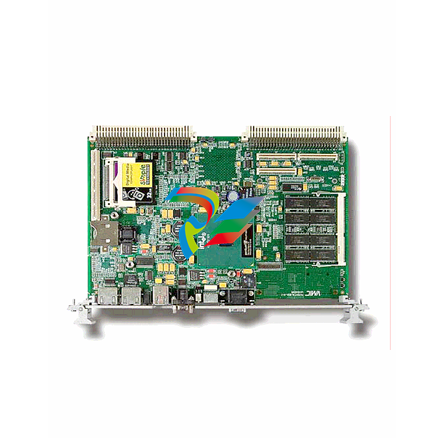
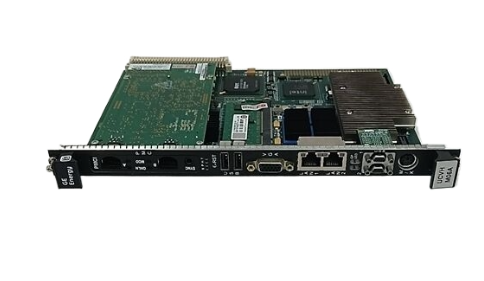
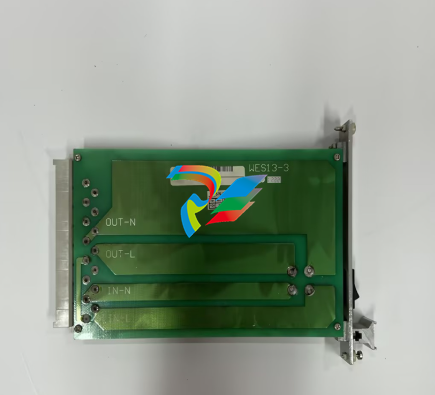
.jpg)
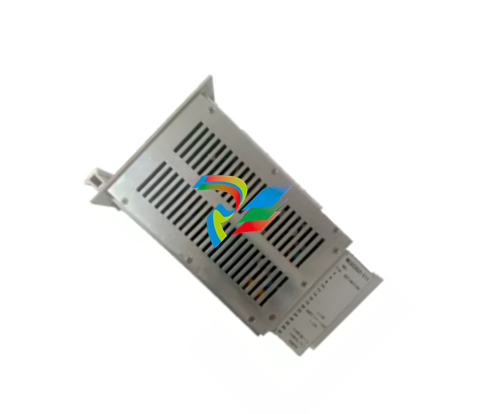
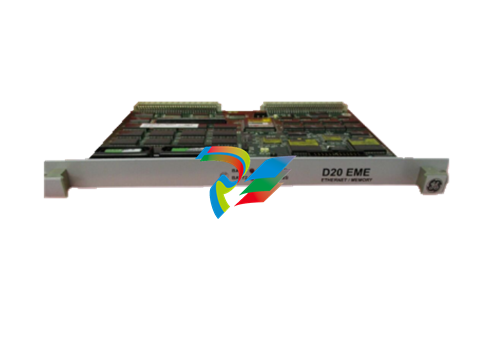
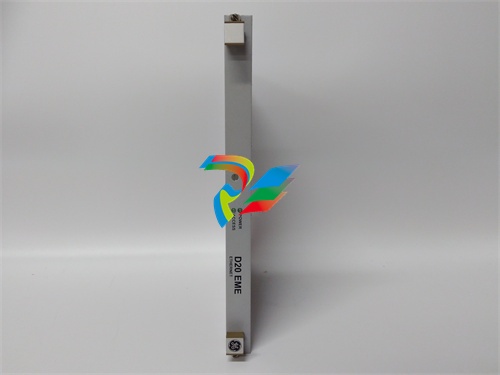
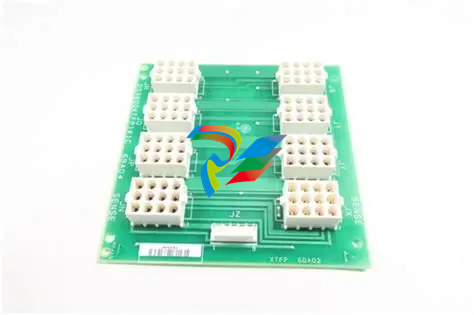
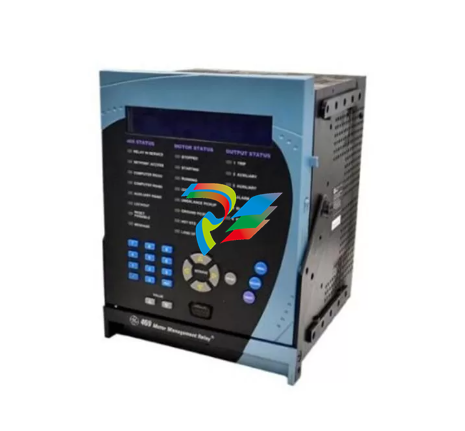
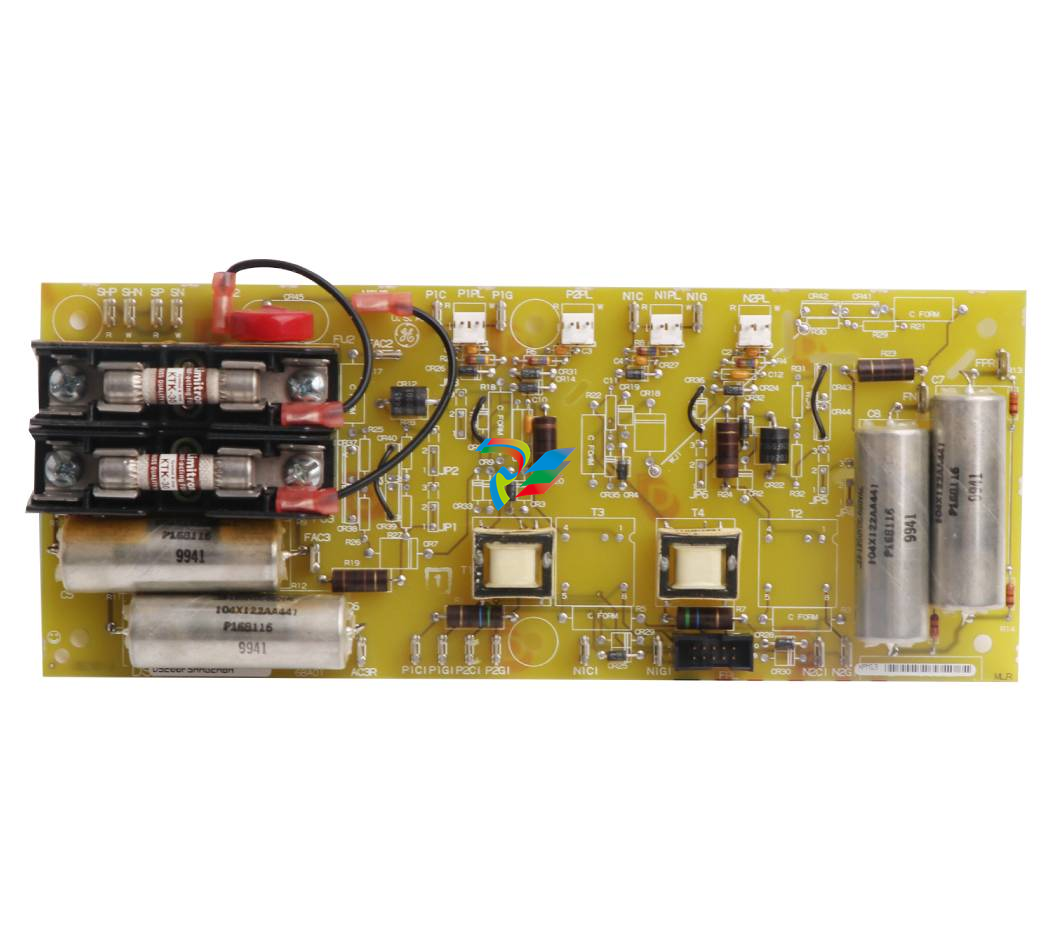
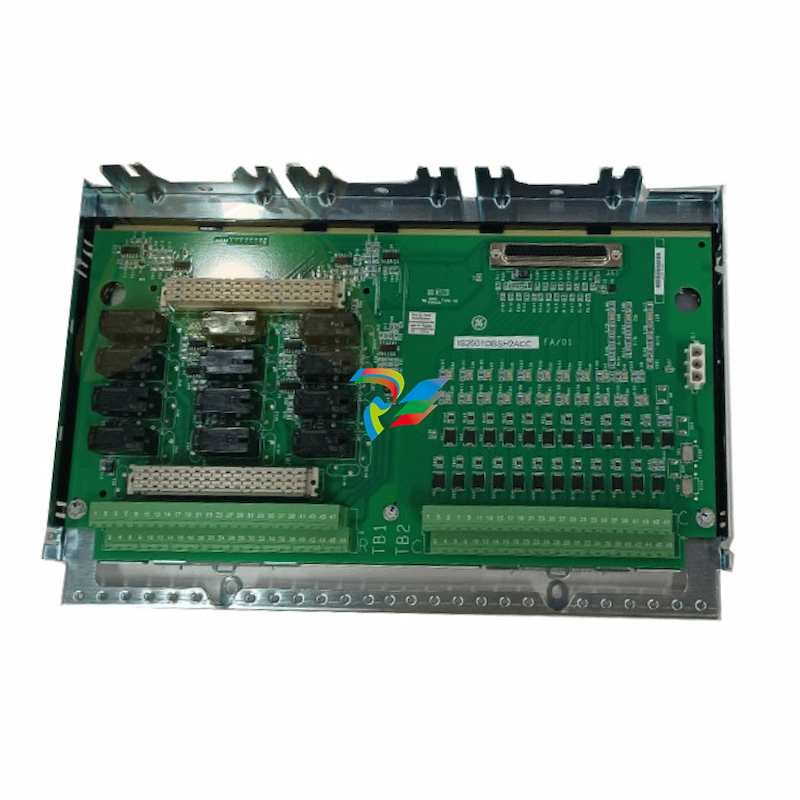
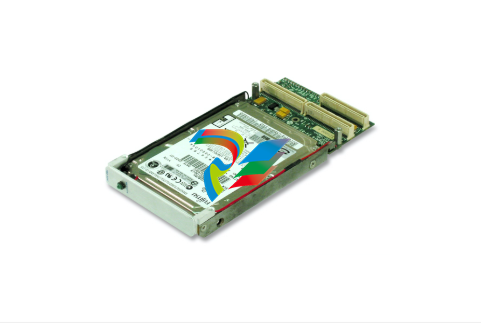
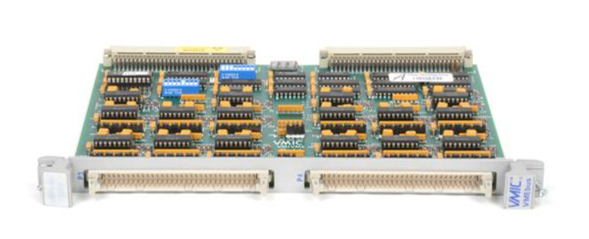
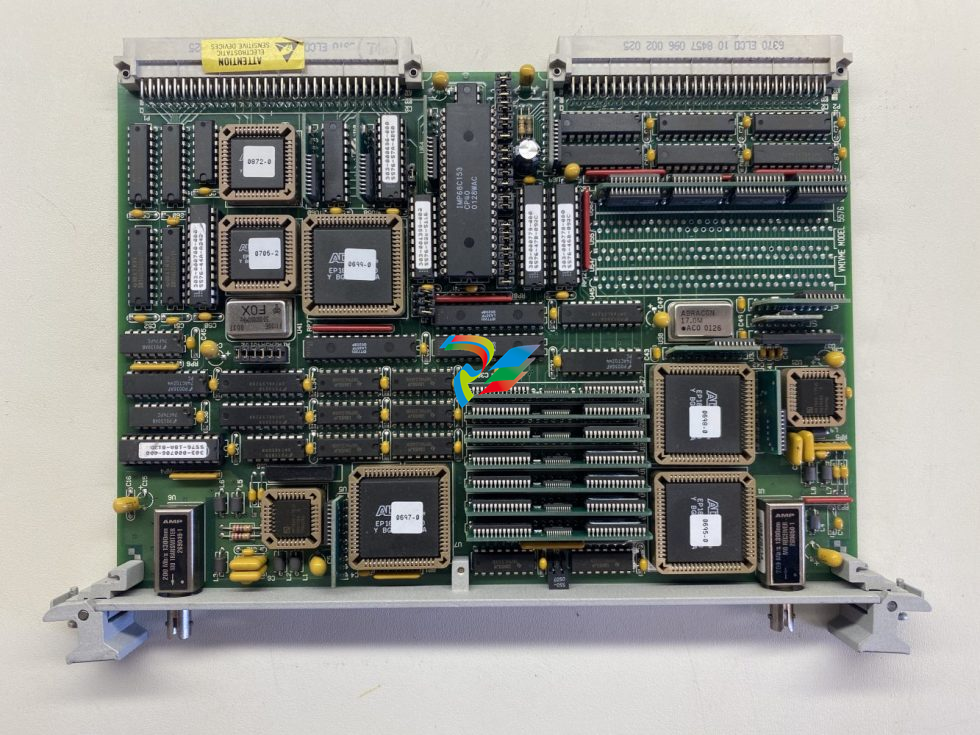
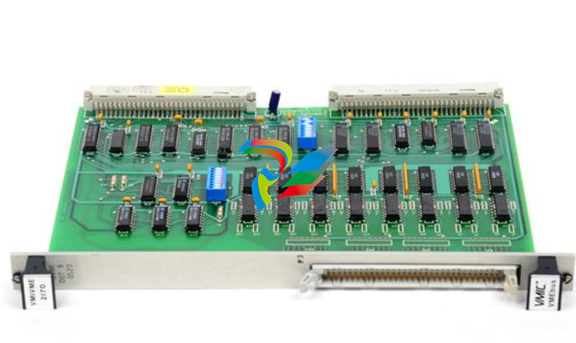
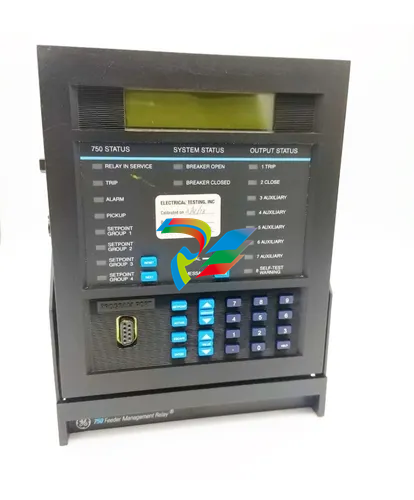
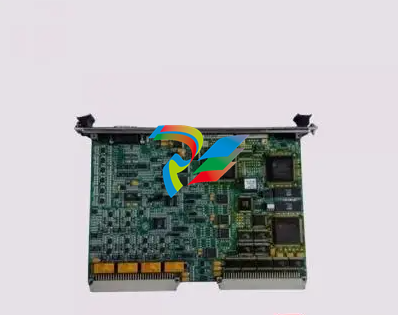
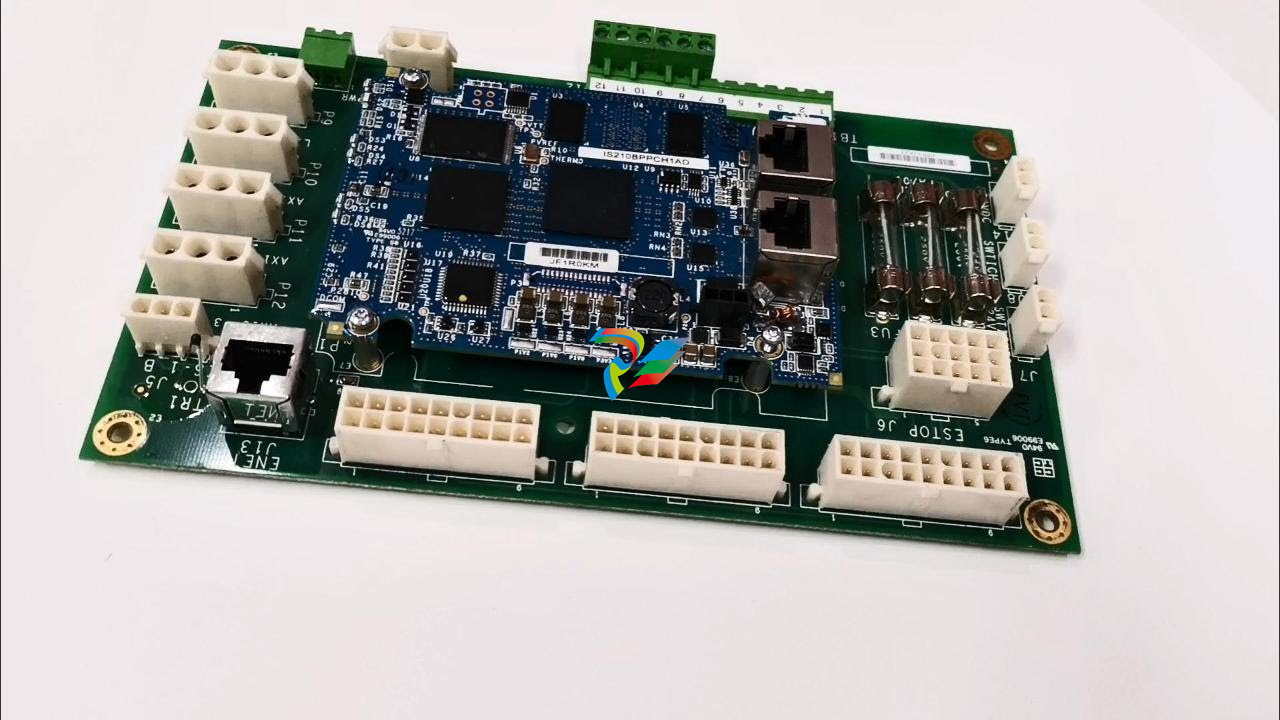
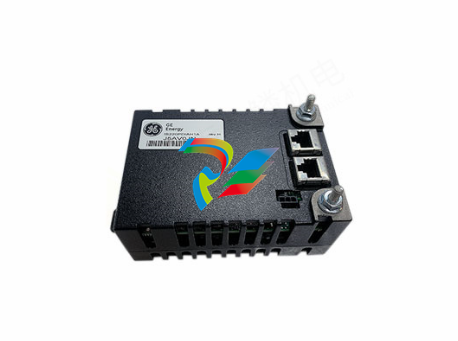
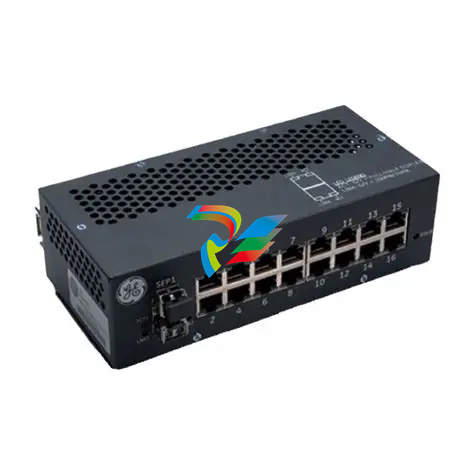
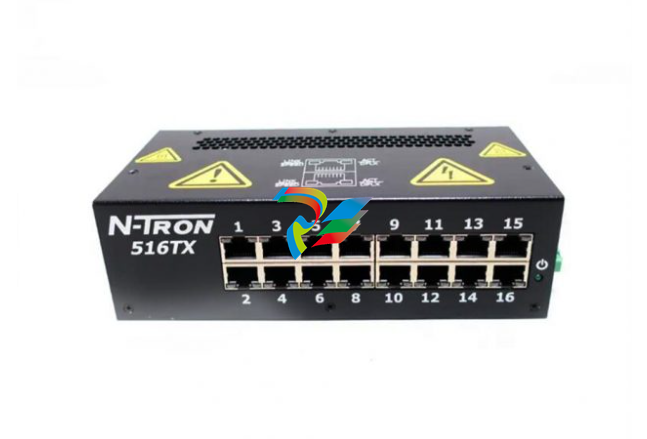
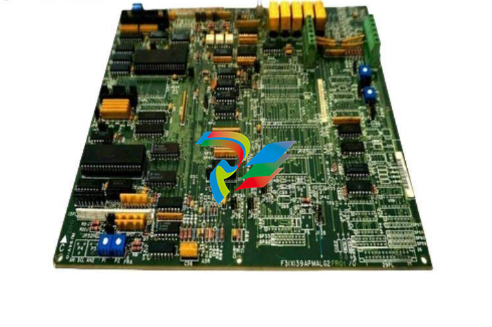
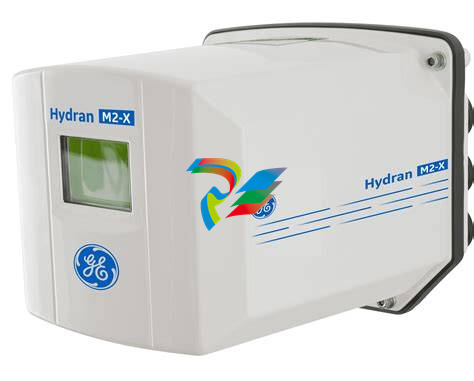
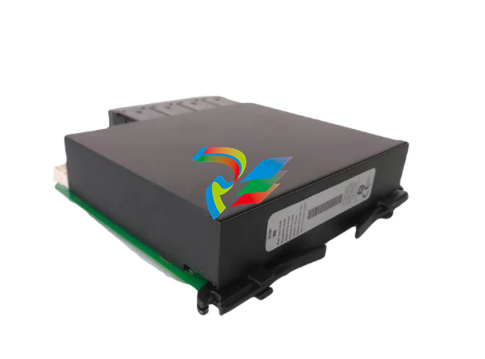
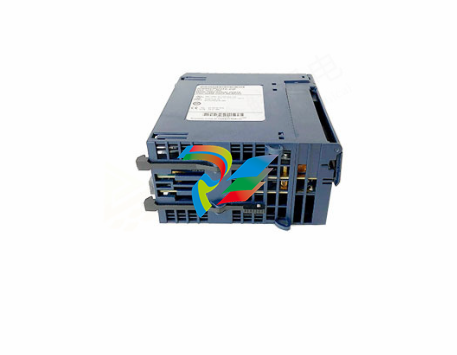
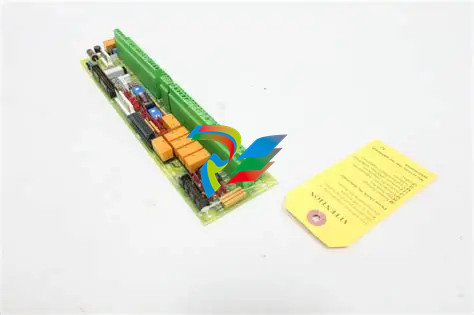
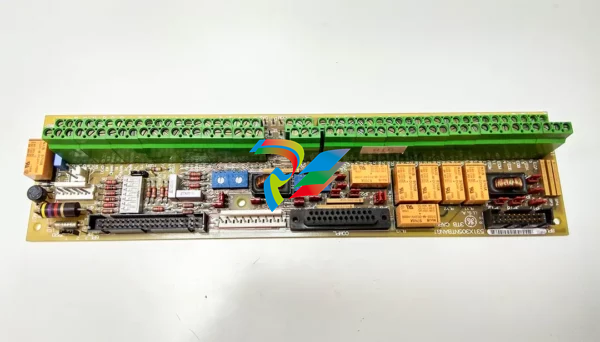
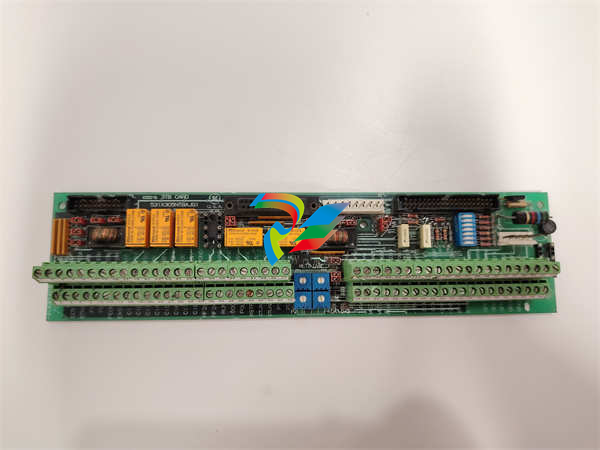

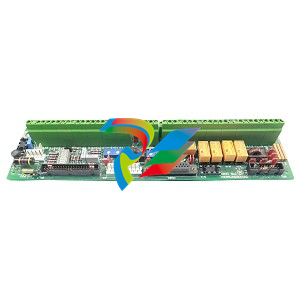
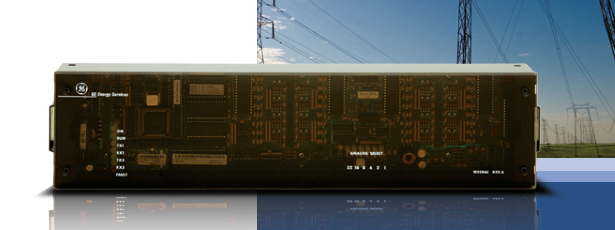
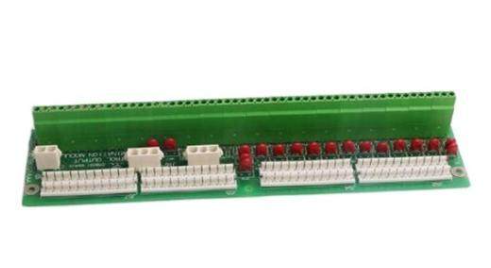
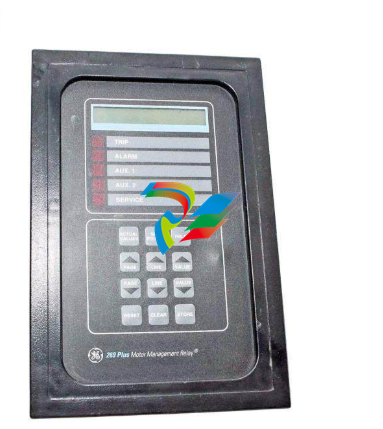
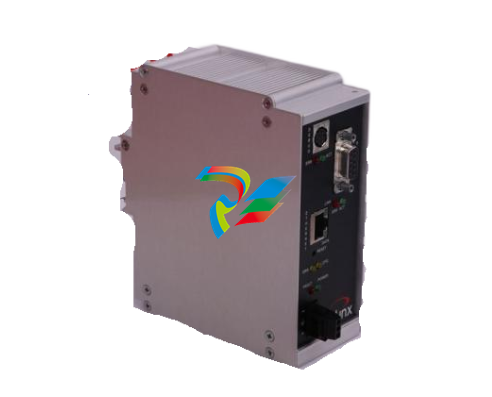
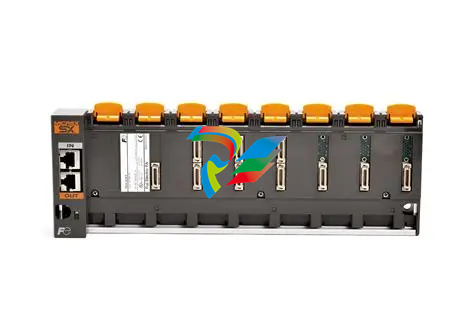
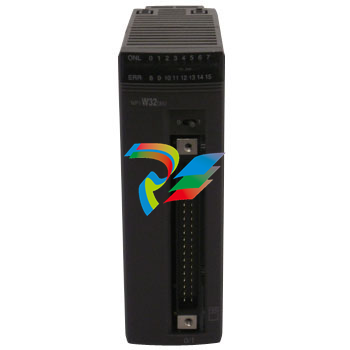
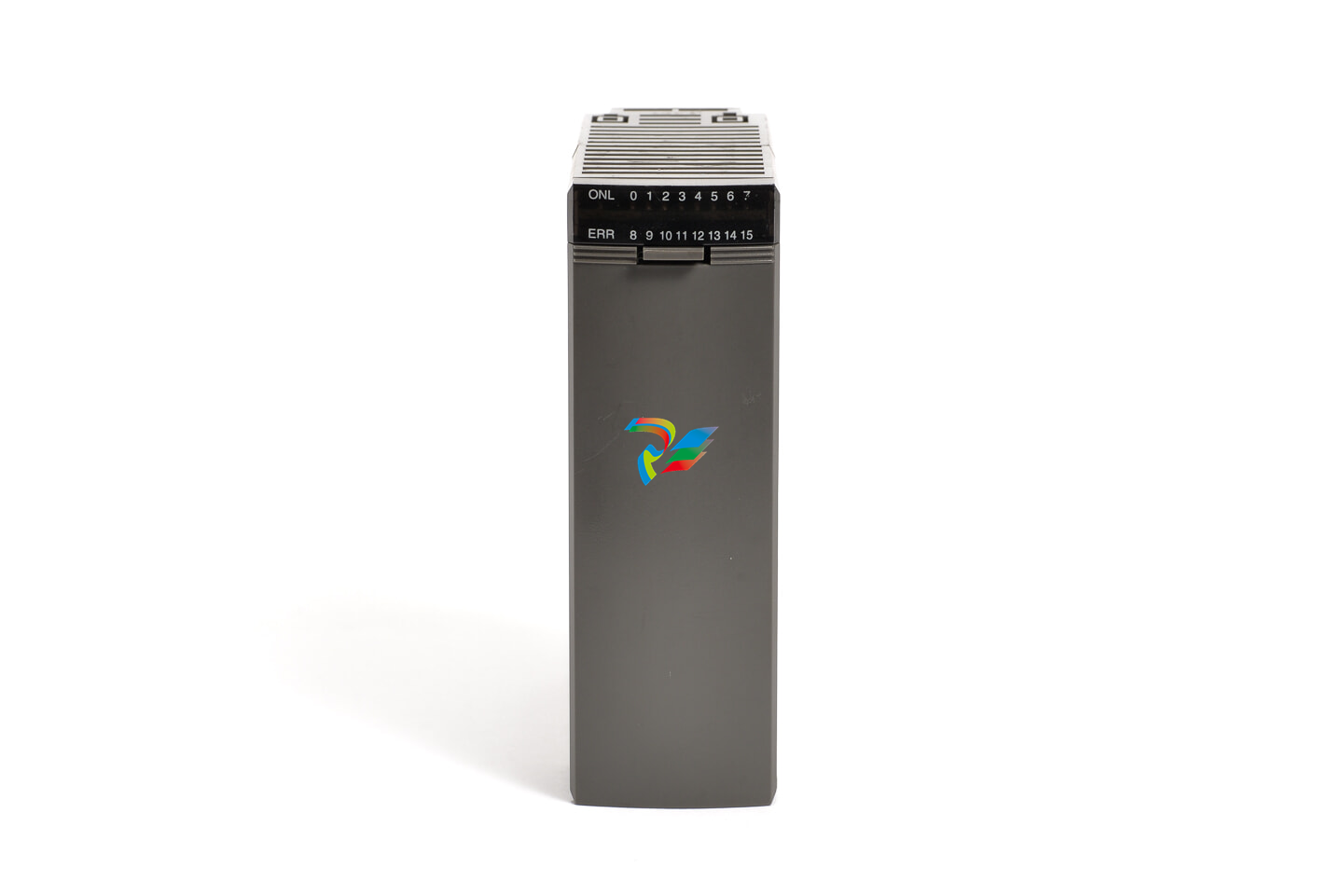
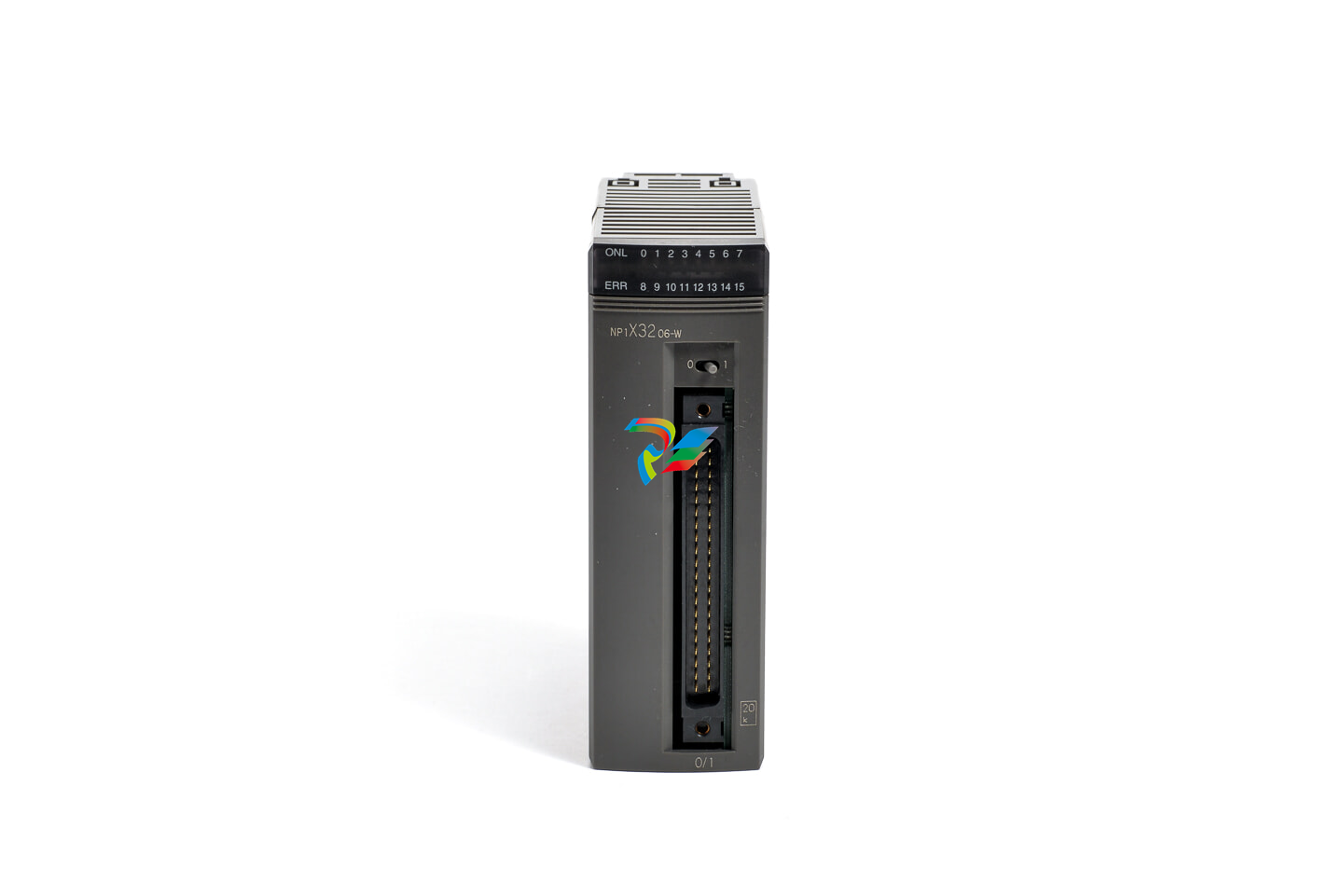
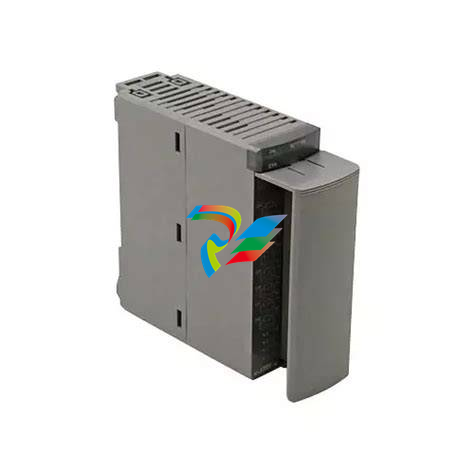
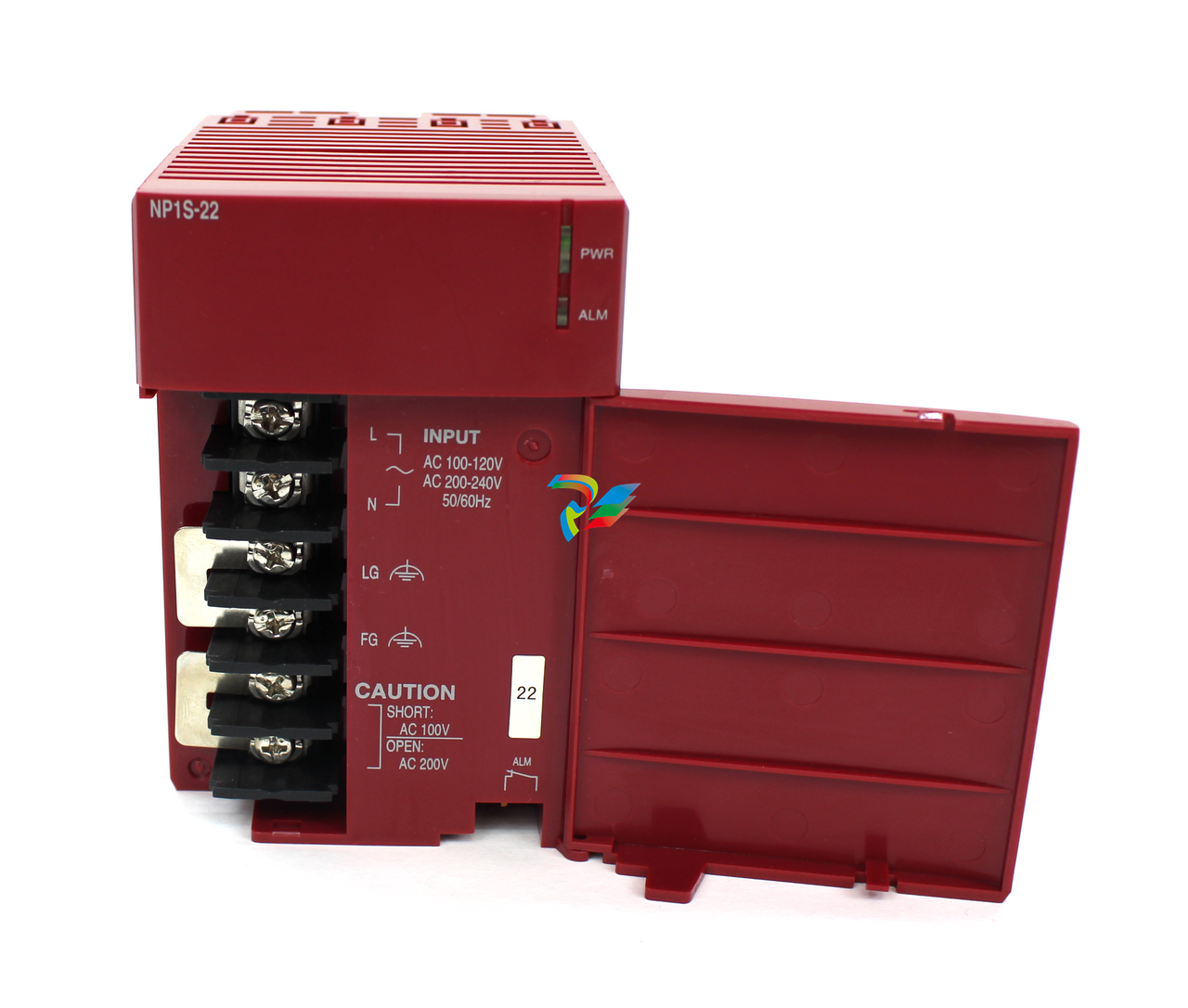
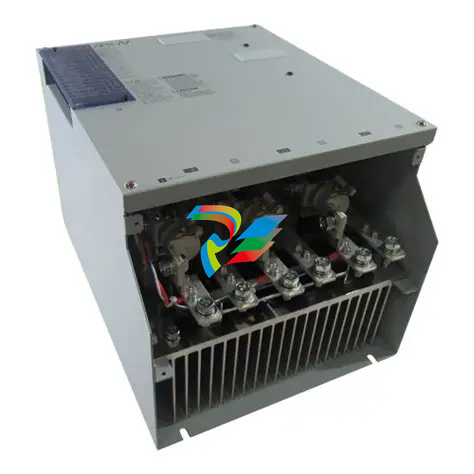
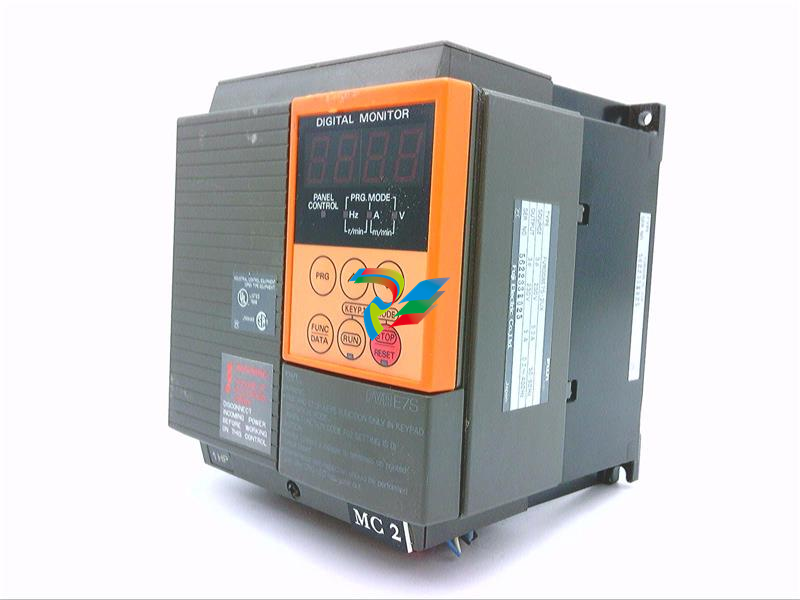
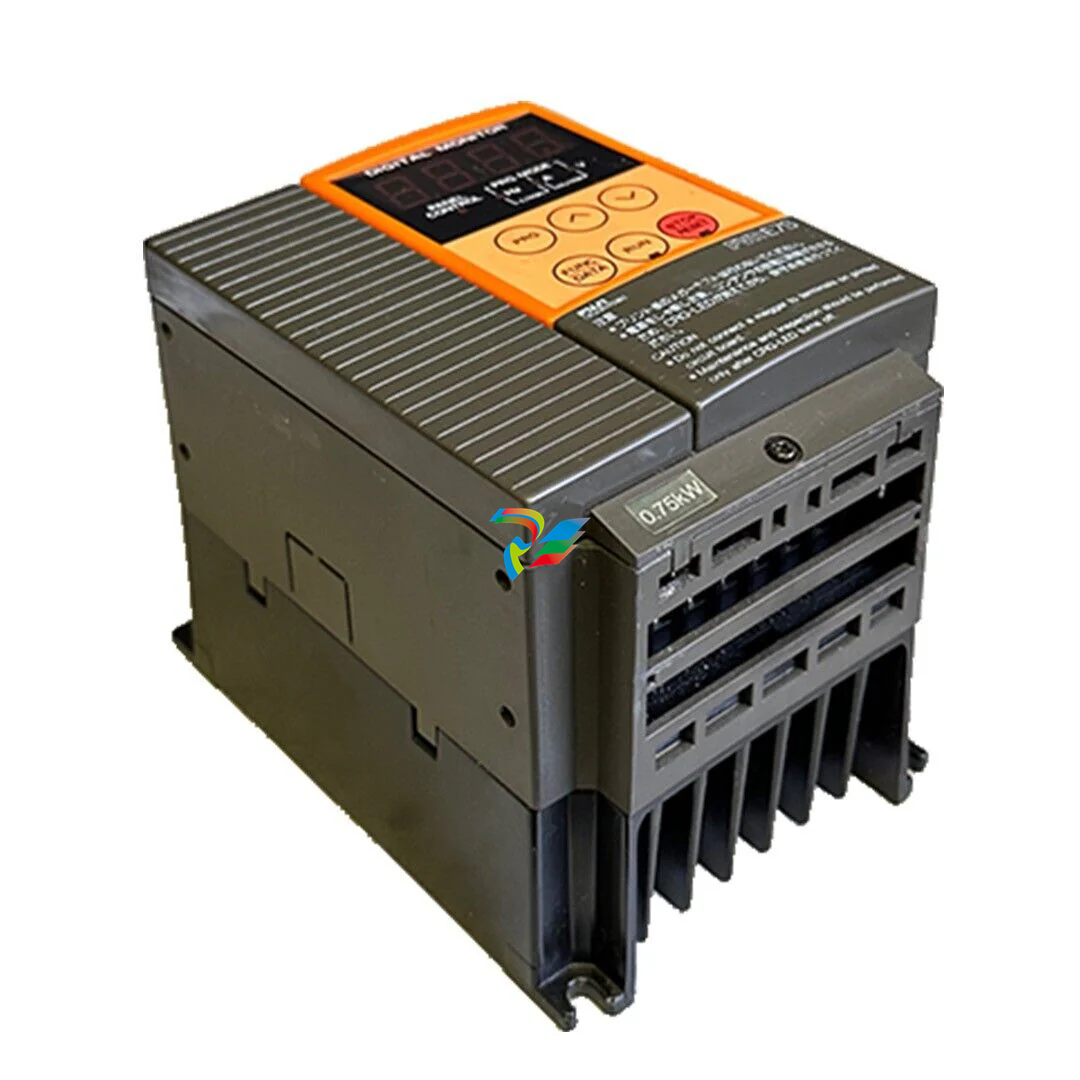
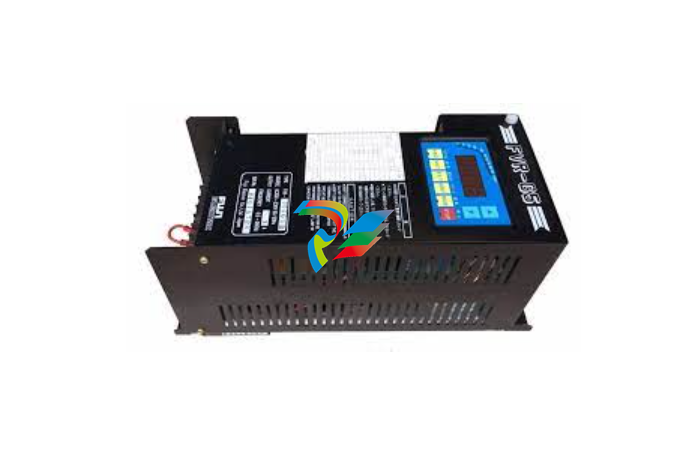
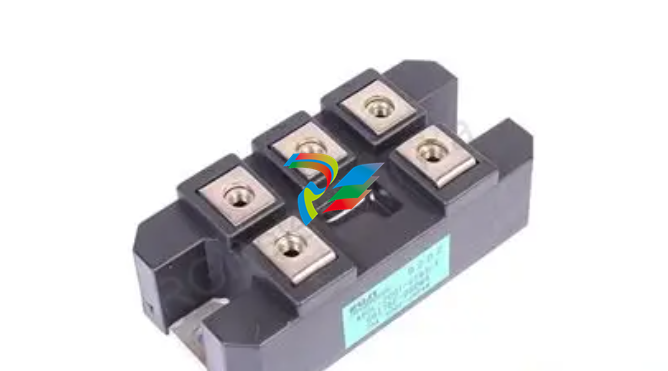
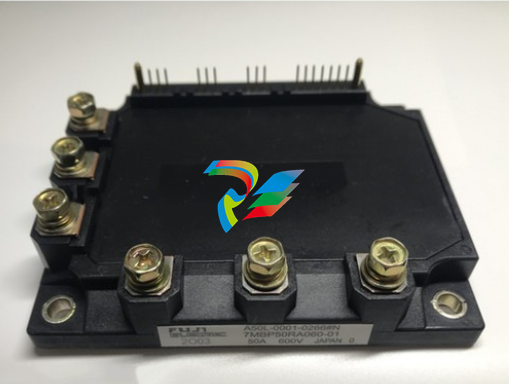
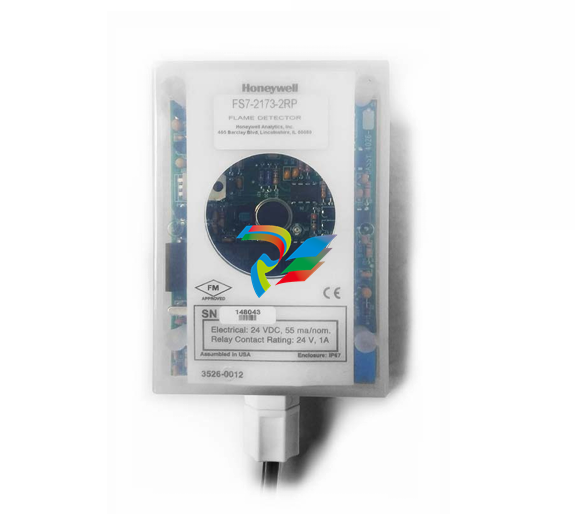
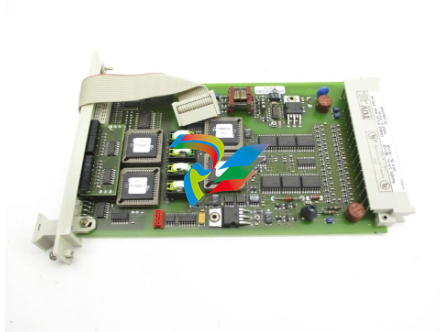
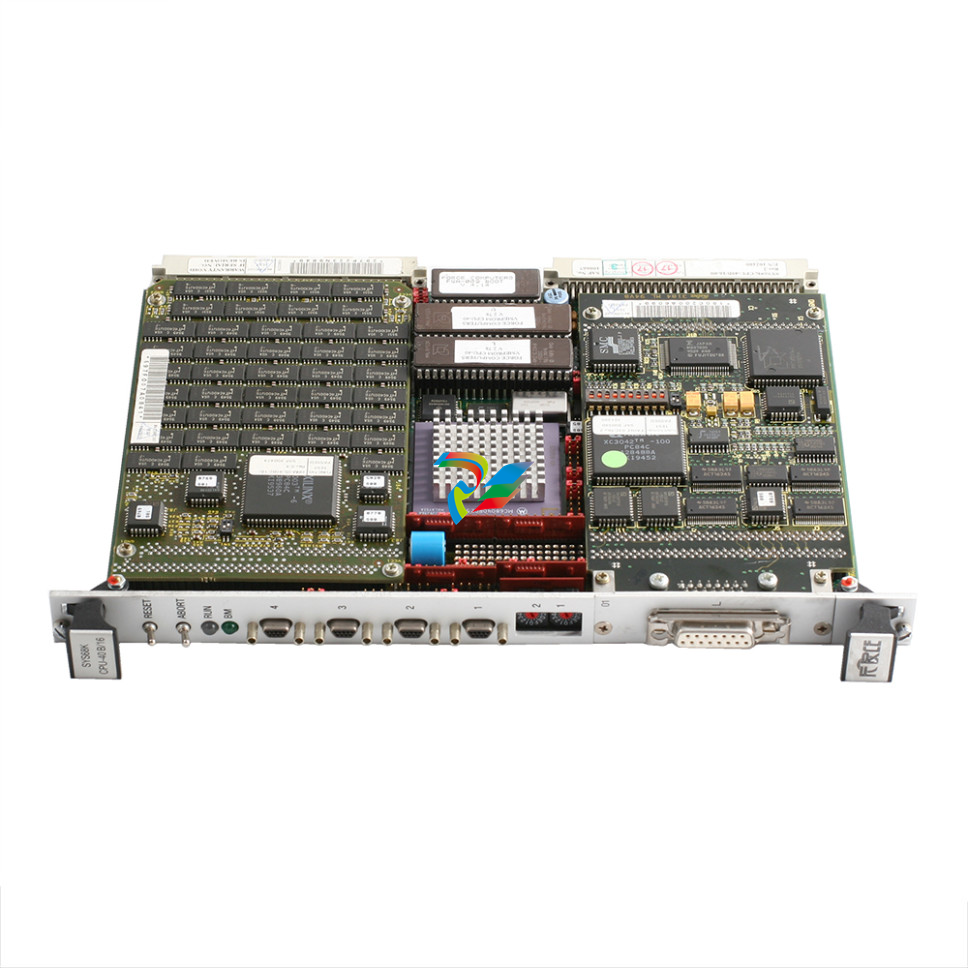
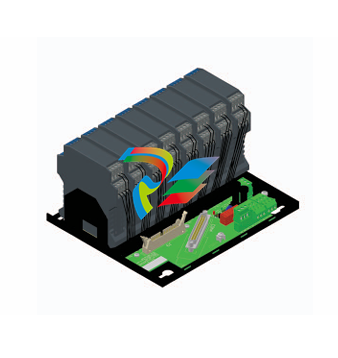
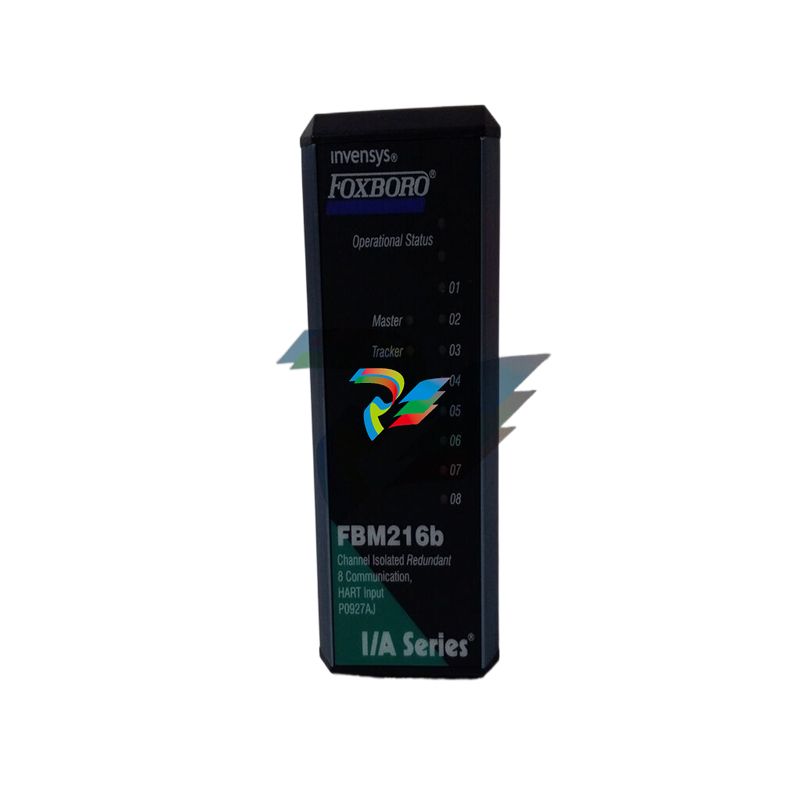
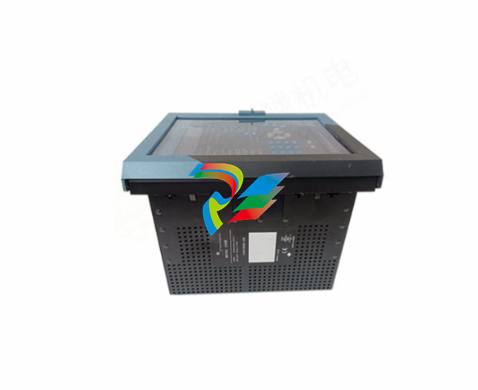
.jpg)
.jpg)
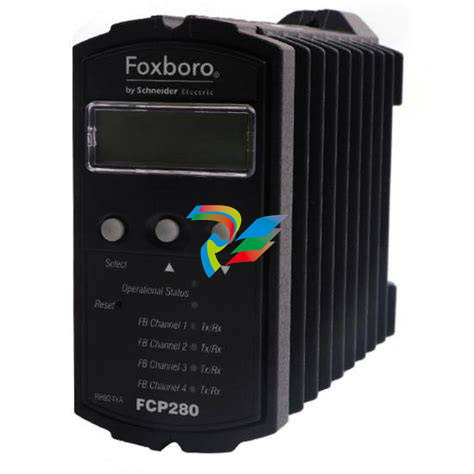
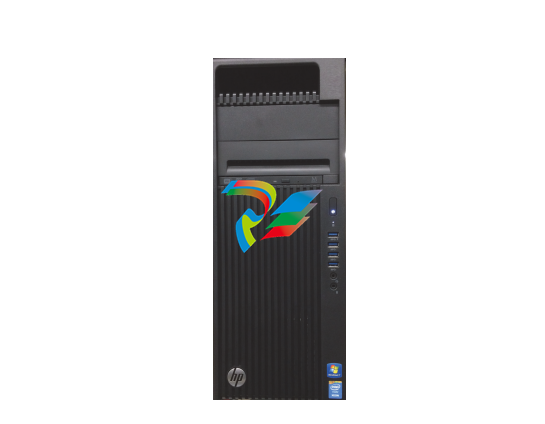
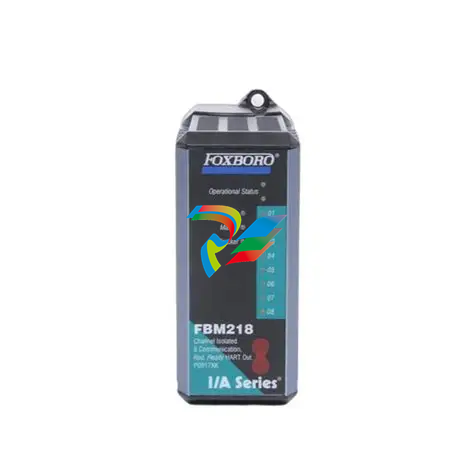
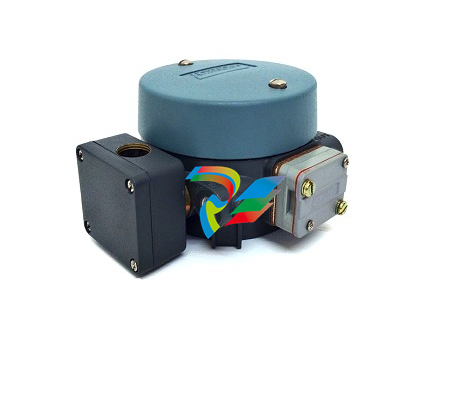
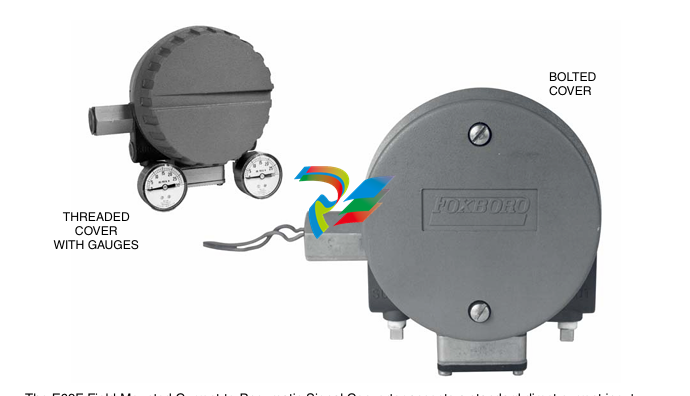
.jpg)
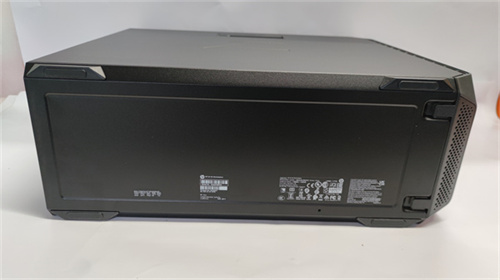
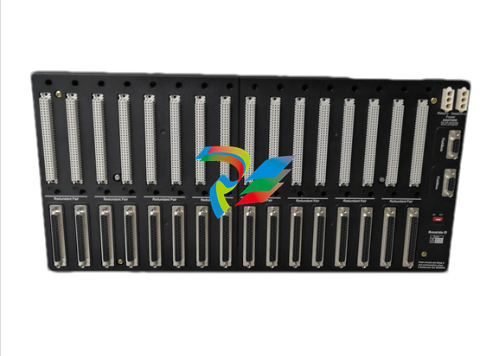
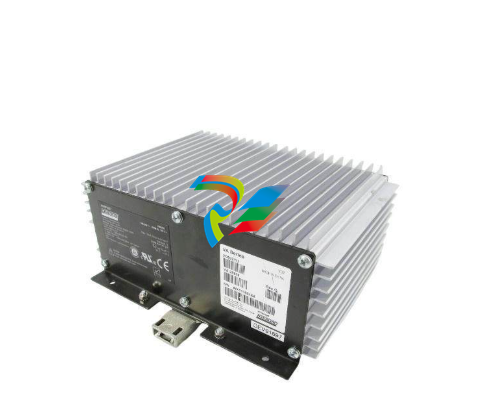
.png)
.jpg)
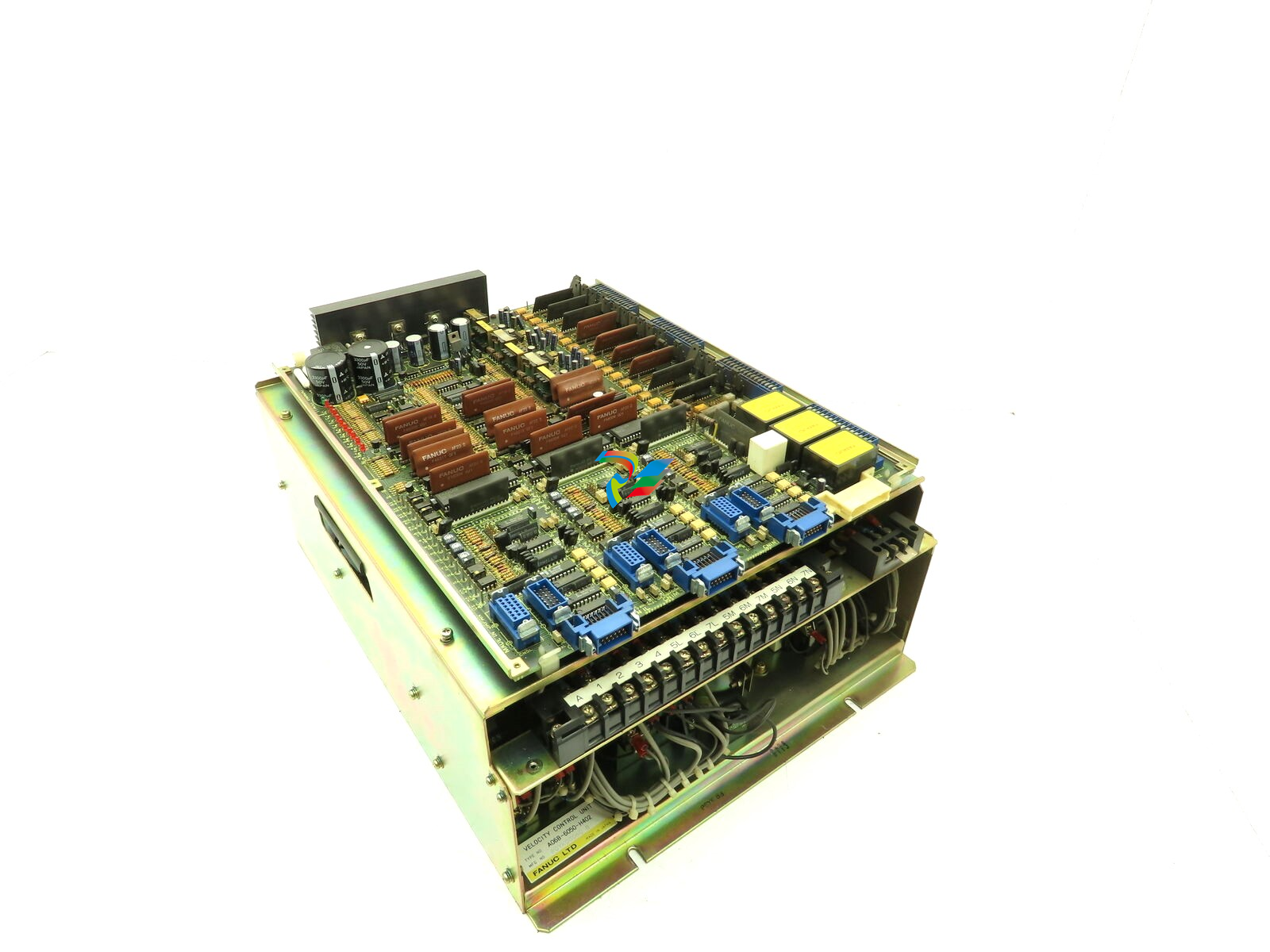
.jpg)
_lVjBYb.jpg)
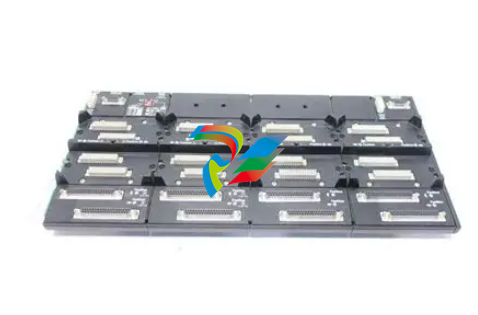
.jpg)
.jpg)
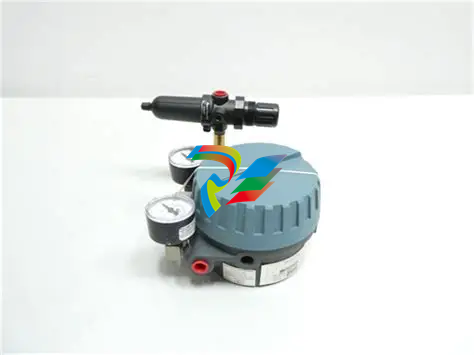
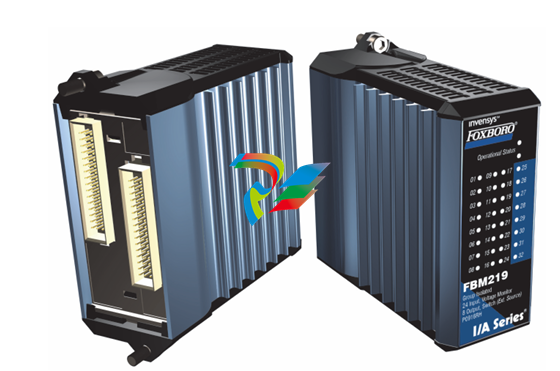
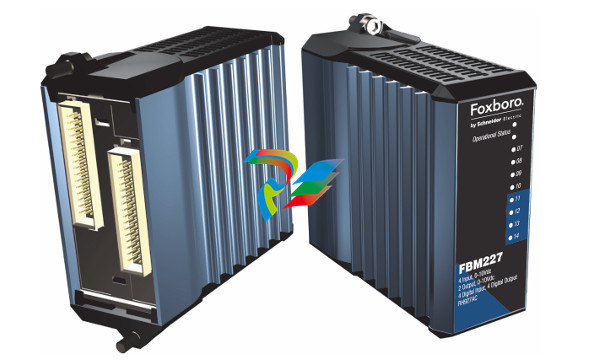
.jpg)
.jpg)
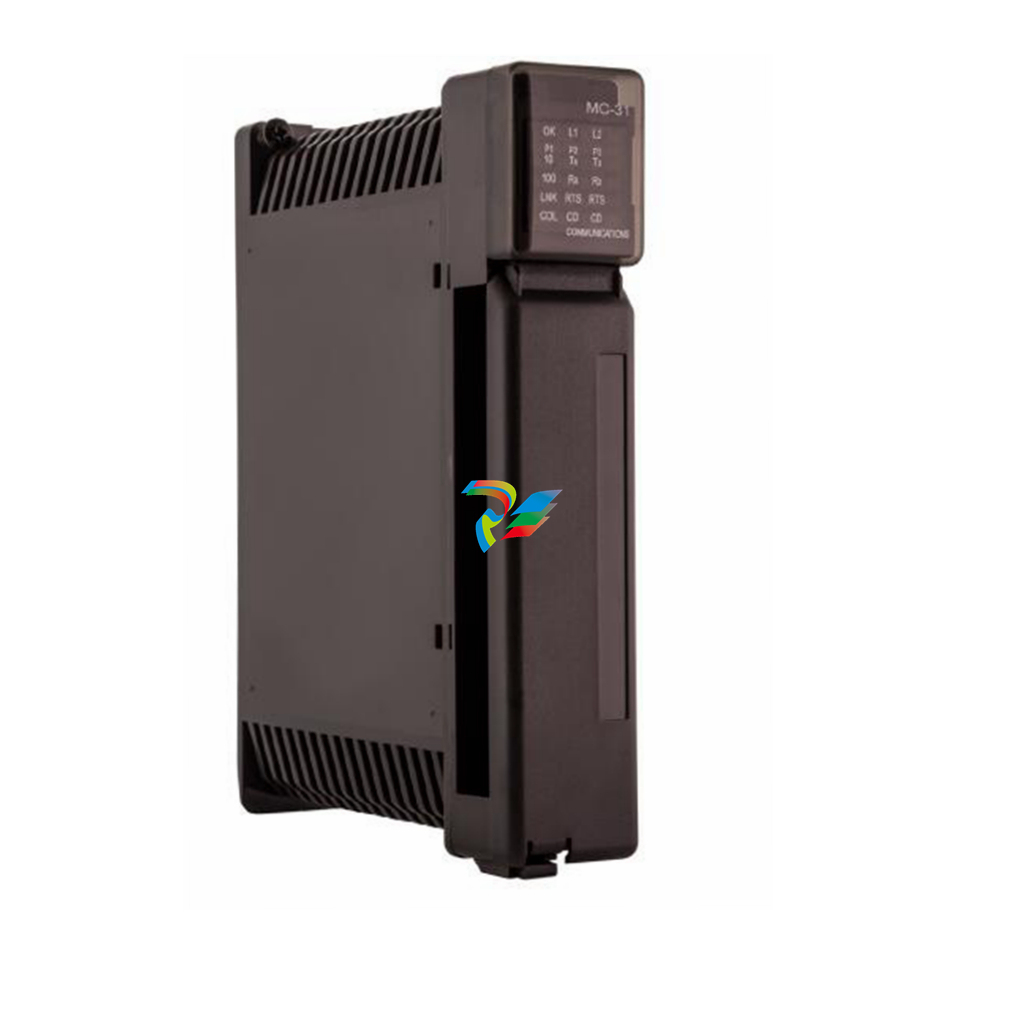
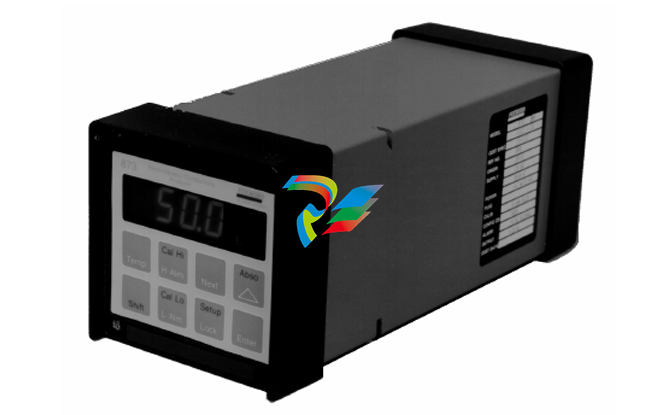
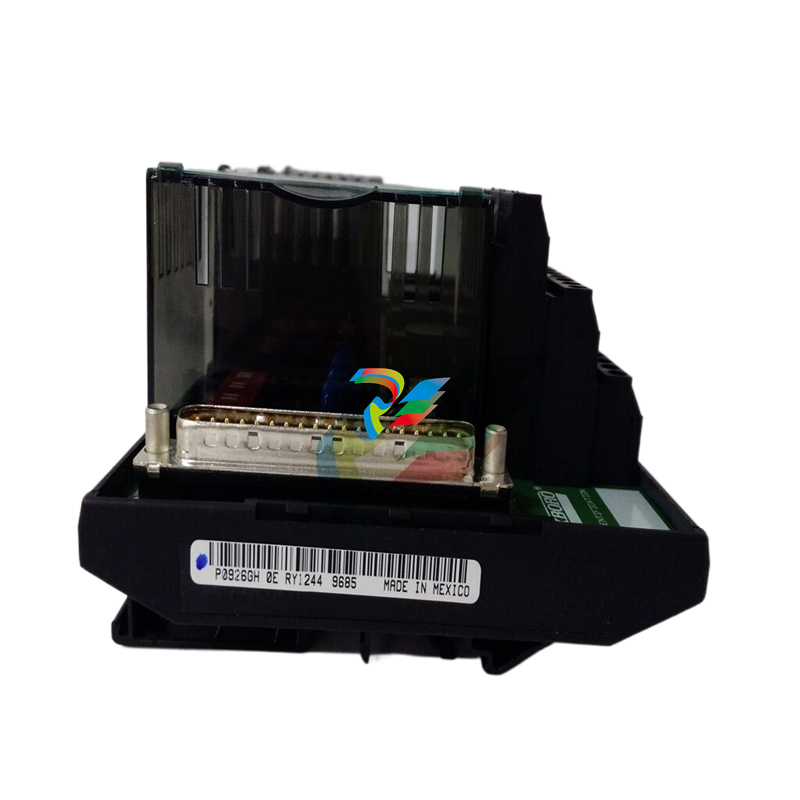
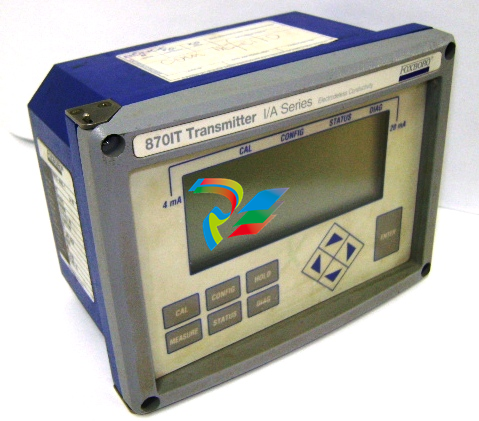
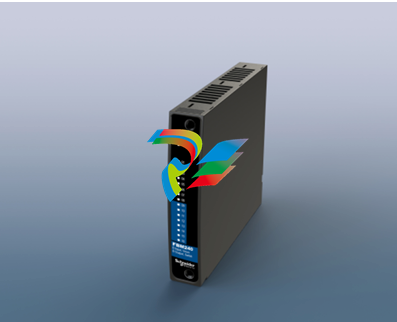
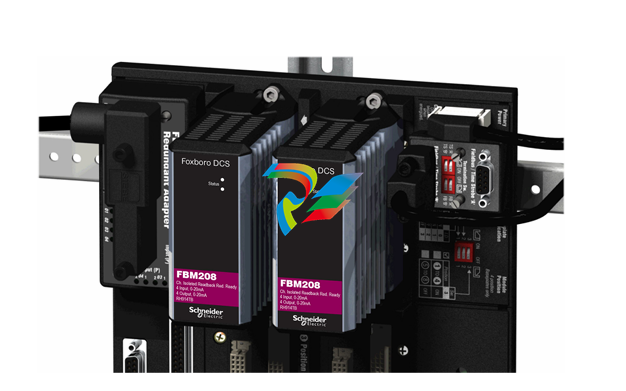
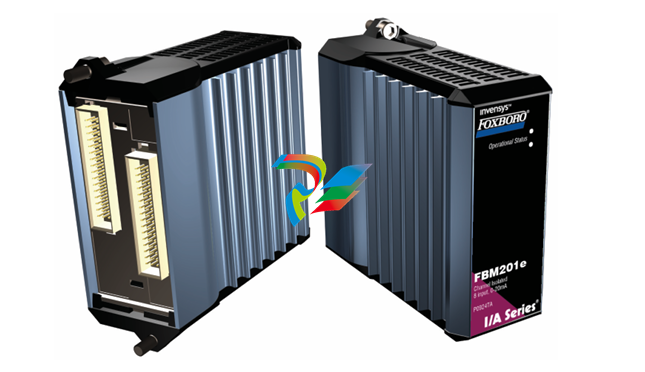
.jpg)
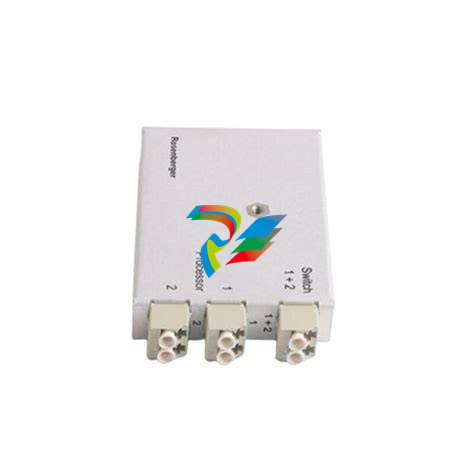
.jpg)
.jpg)
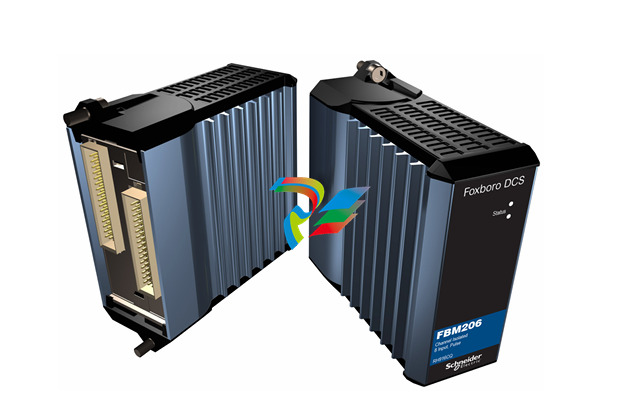
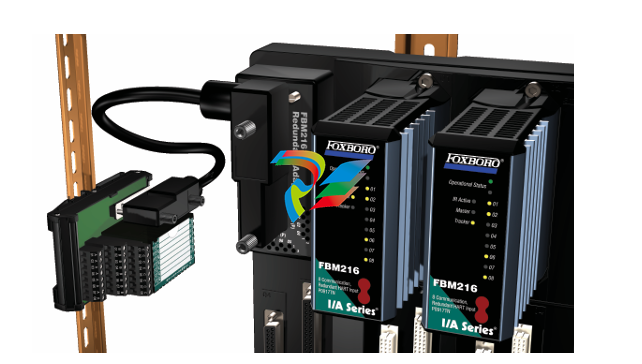
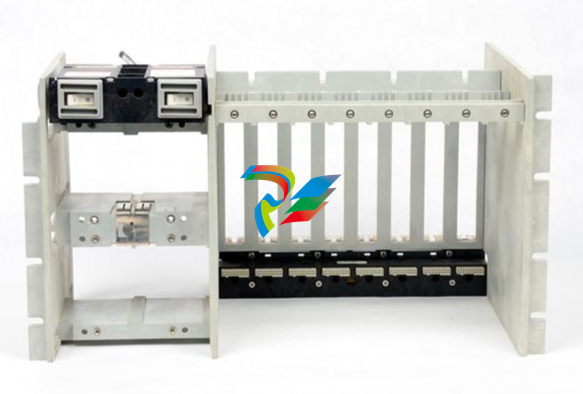
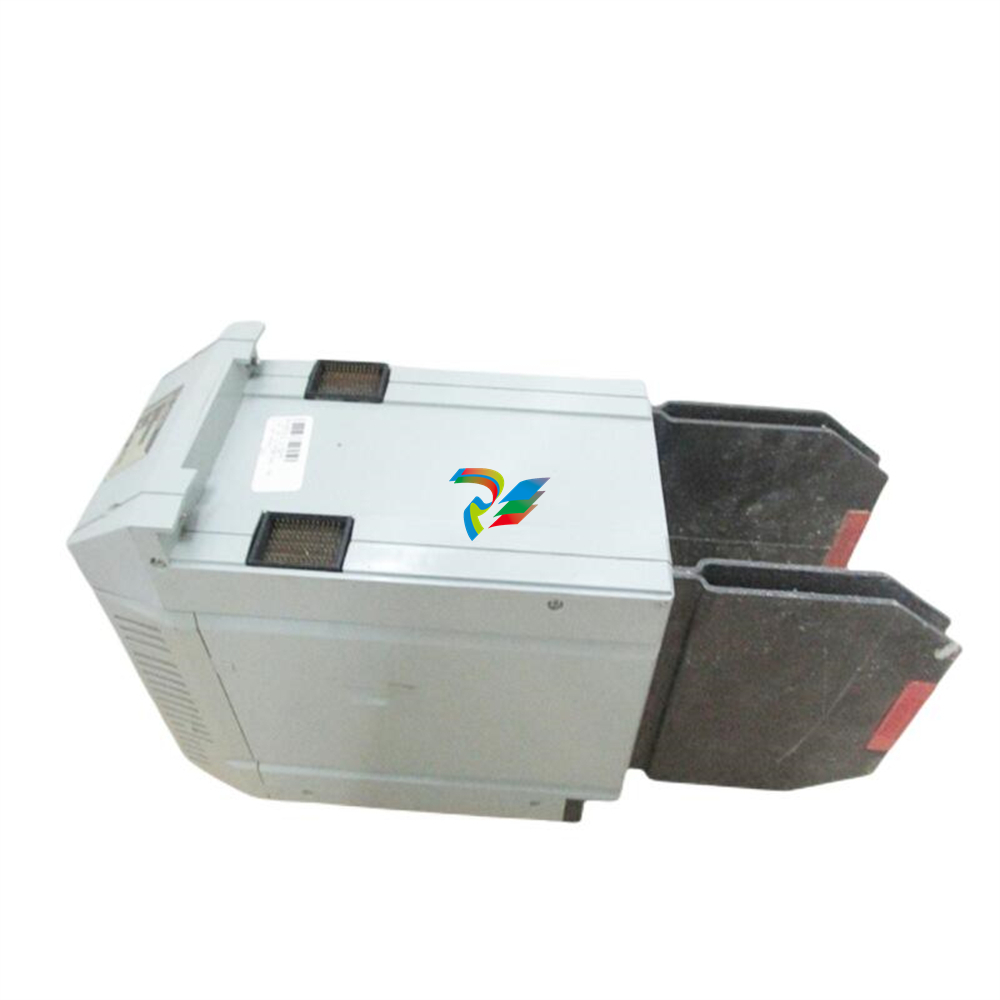
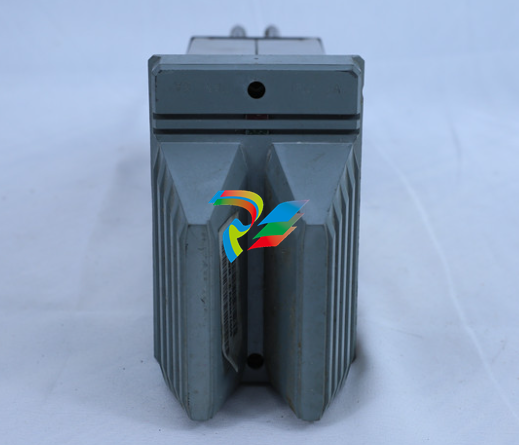
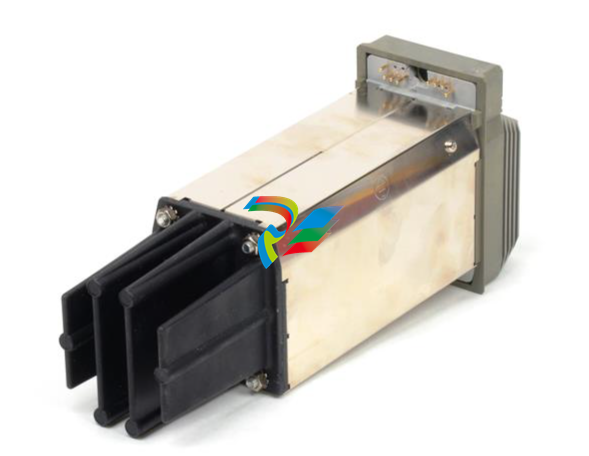
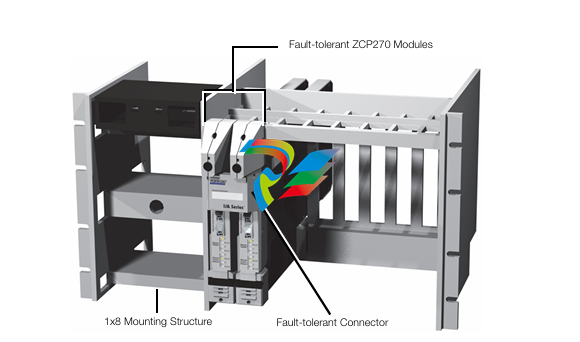
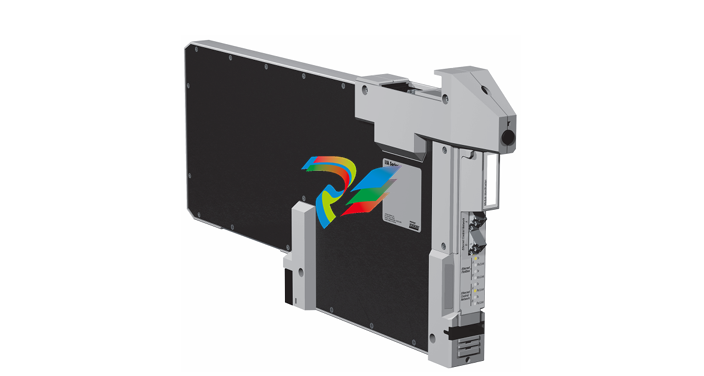
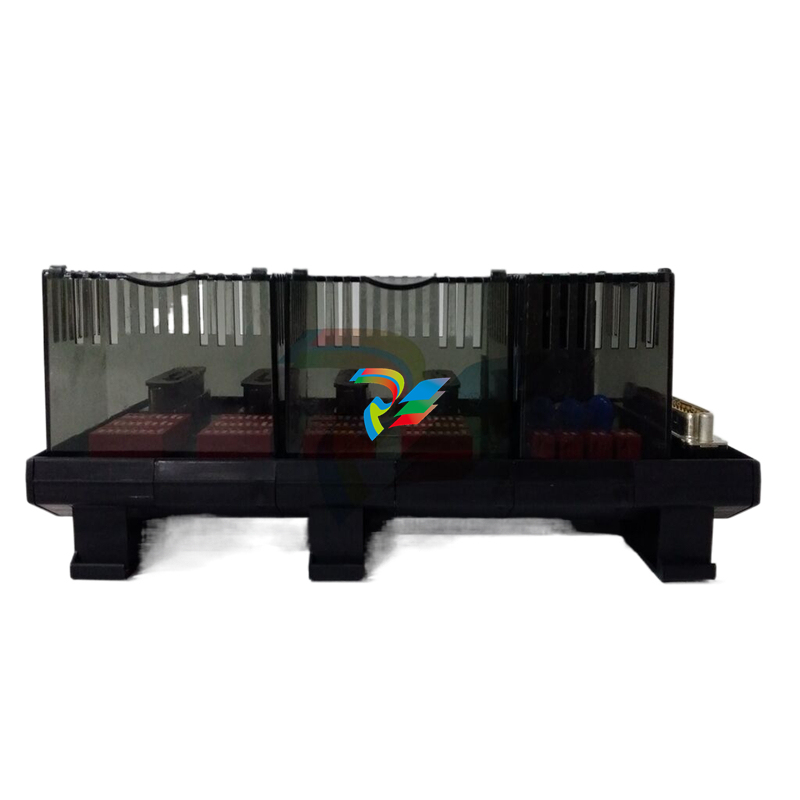
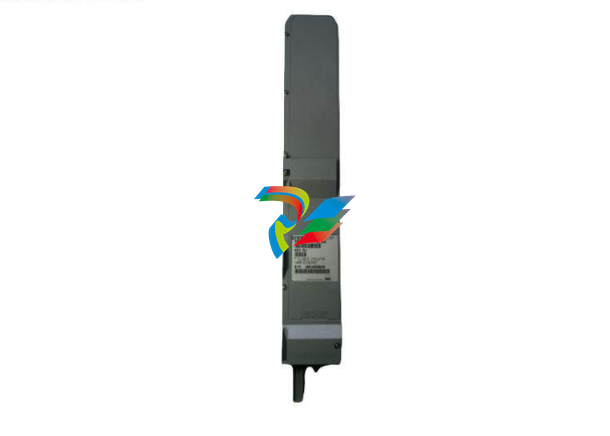
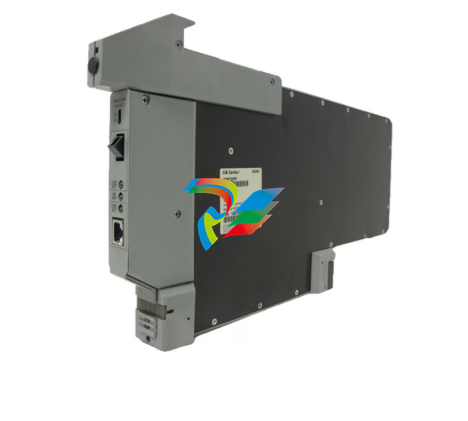
.jpg)
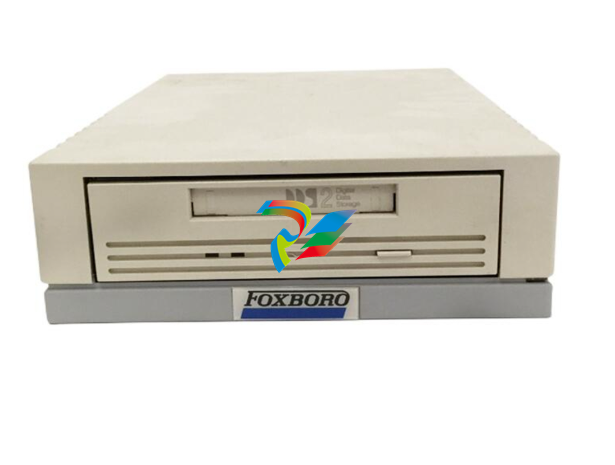
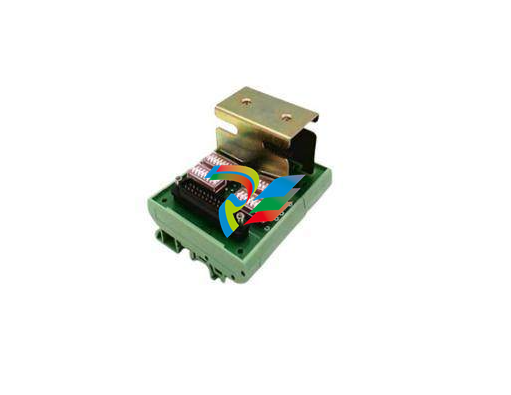
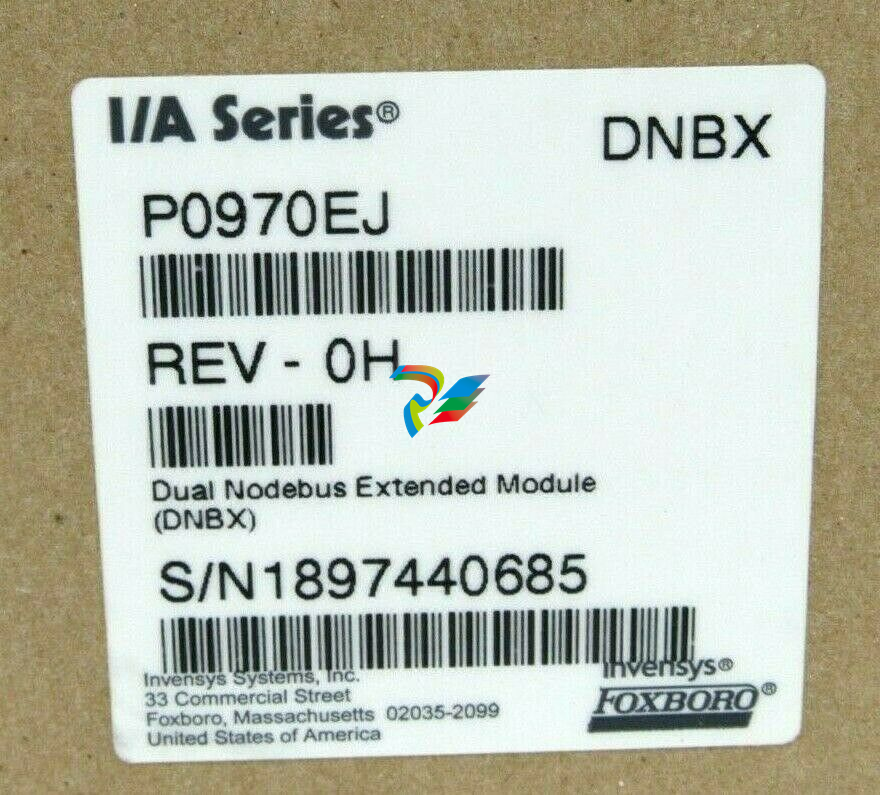
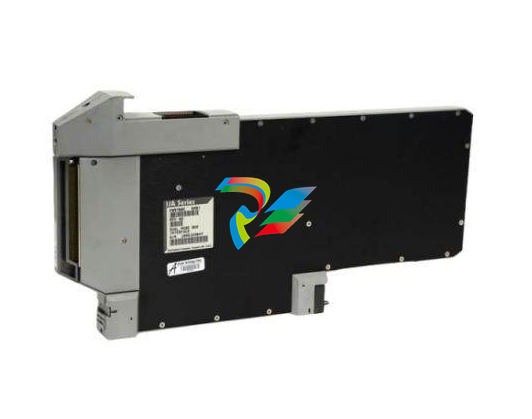
.jpg)
.jpg)
.jpg)
.jpg)
.jpg)
.jpg)
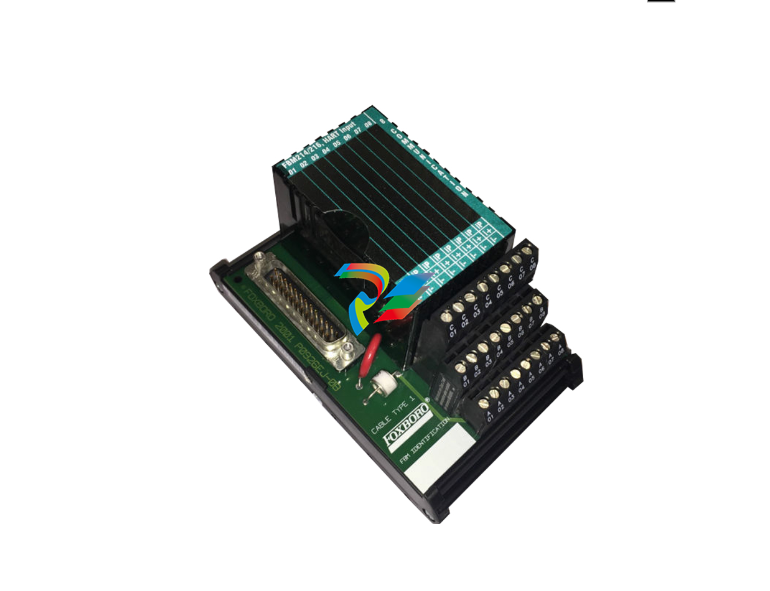
.jpg)
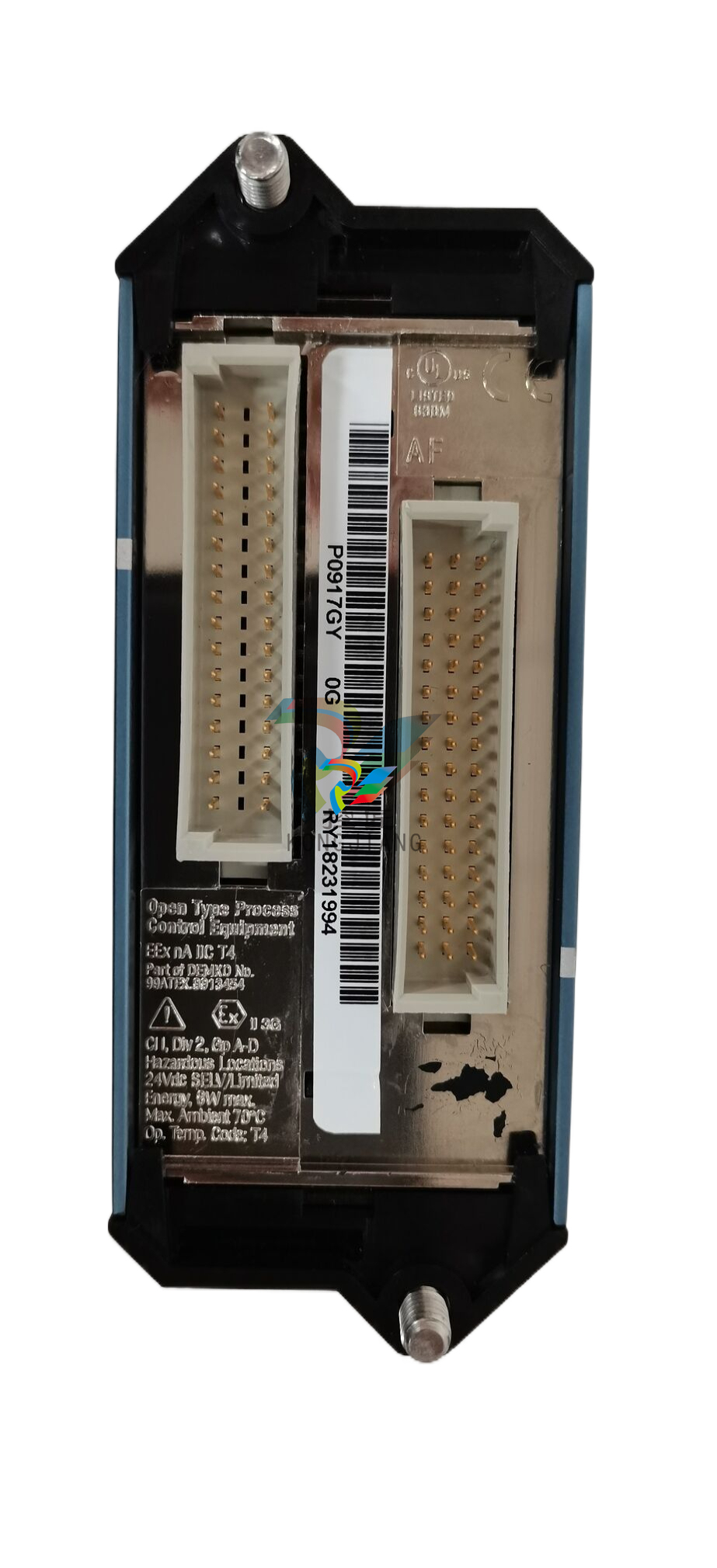
.jpg)
.jpg)
.jpg)
